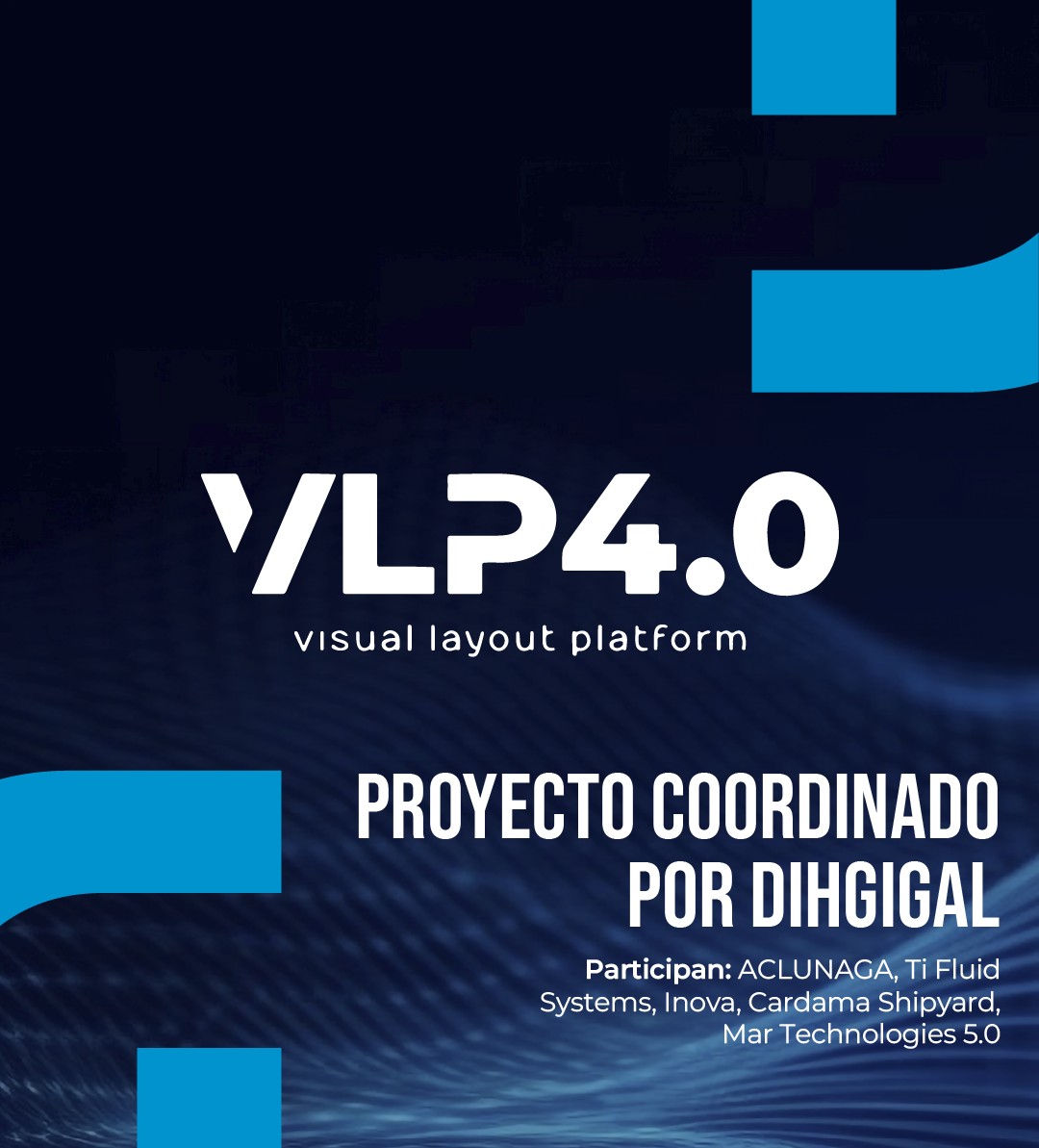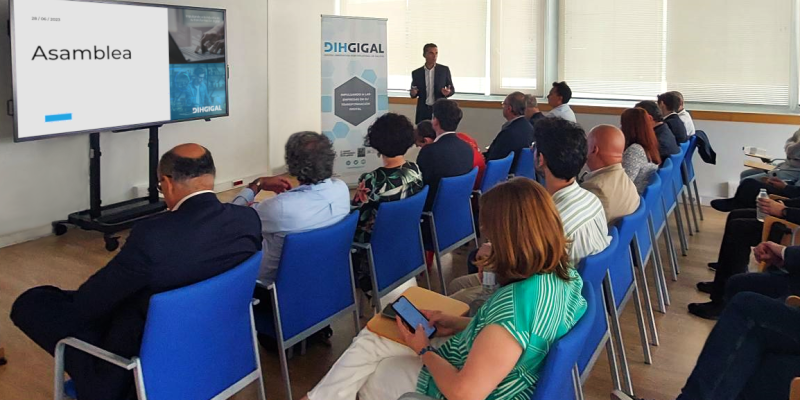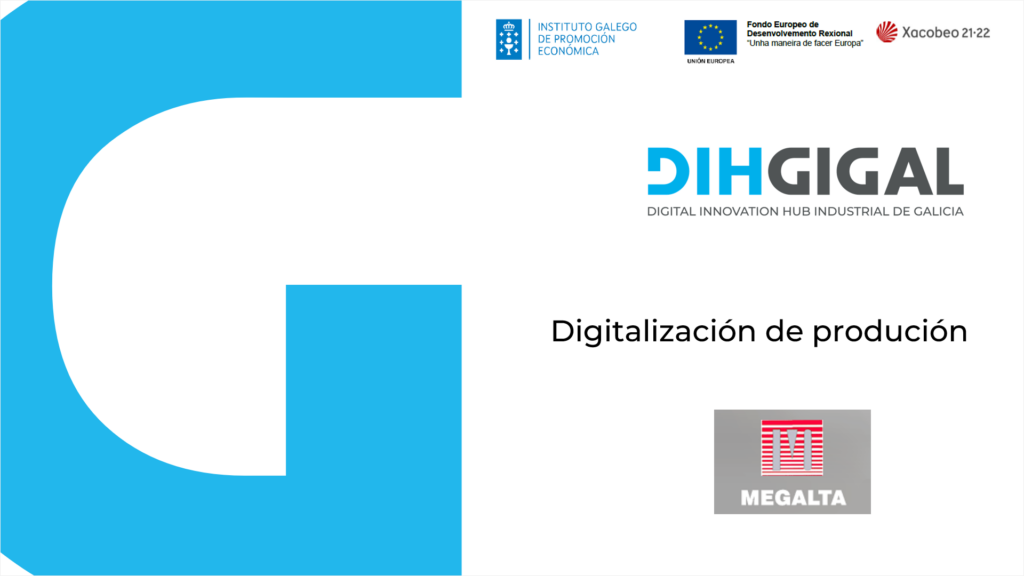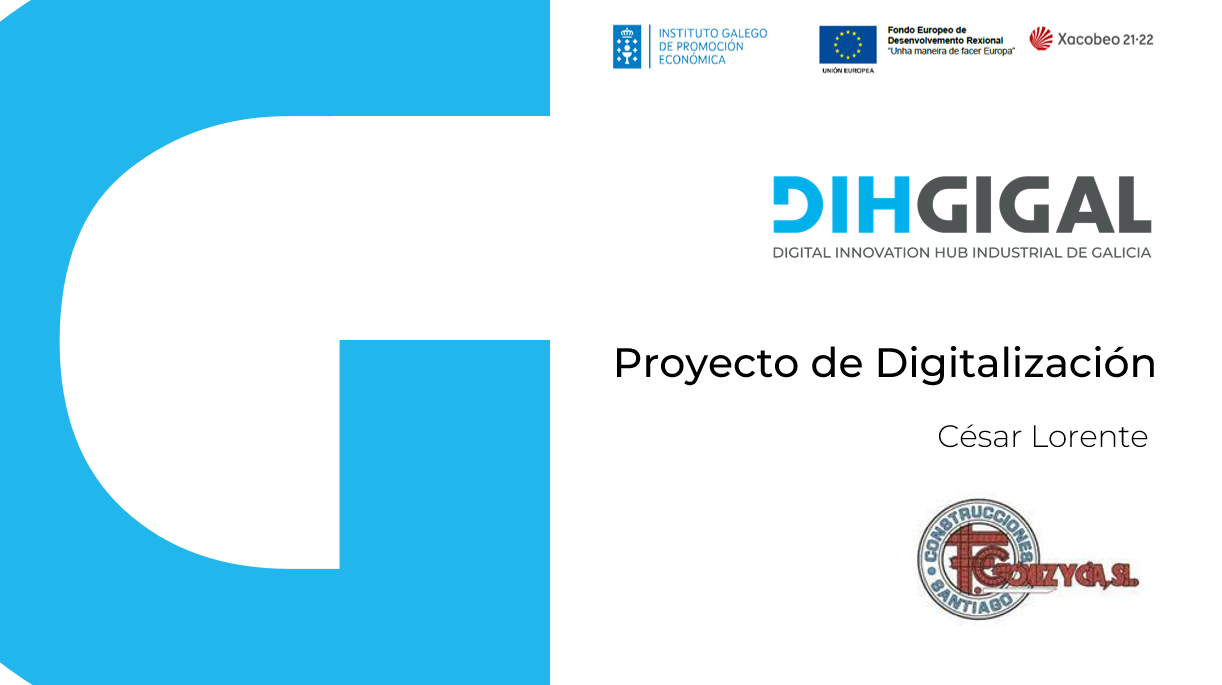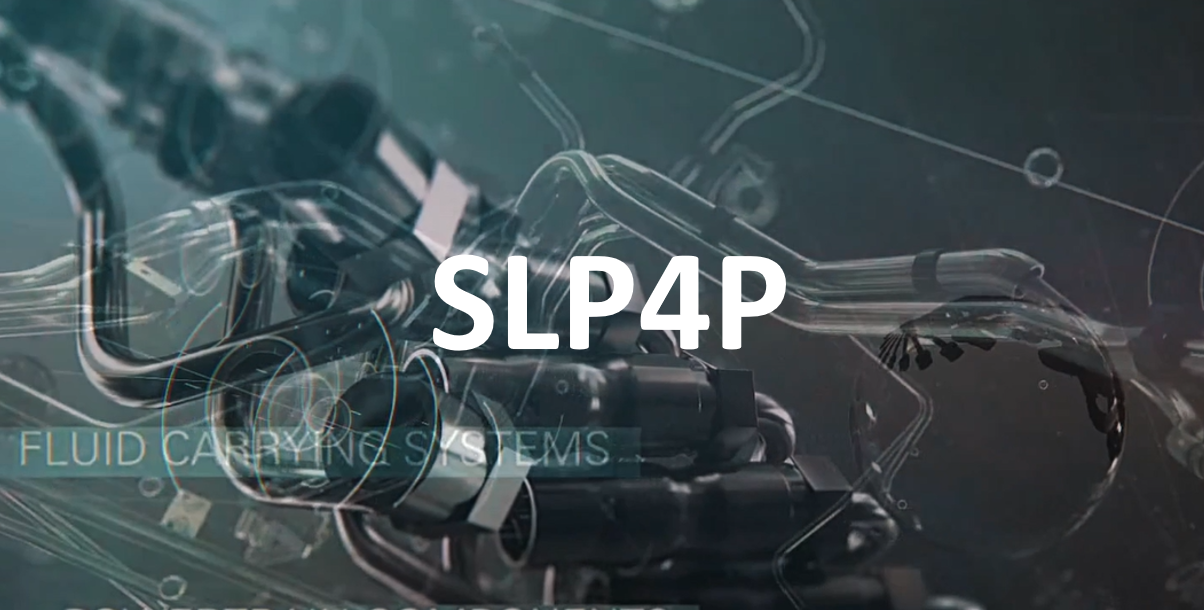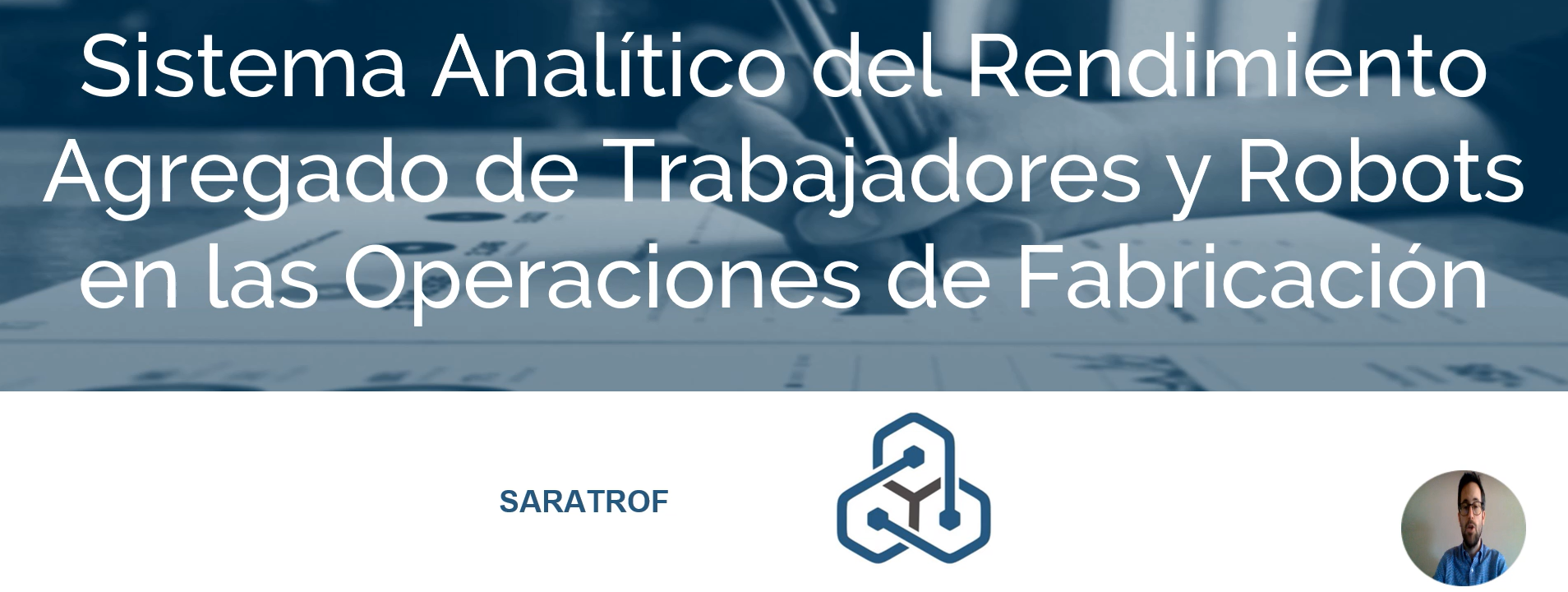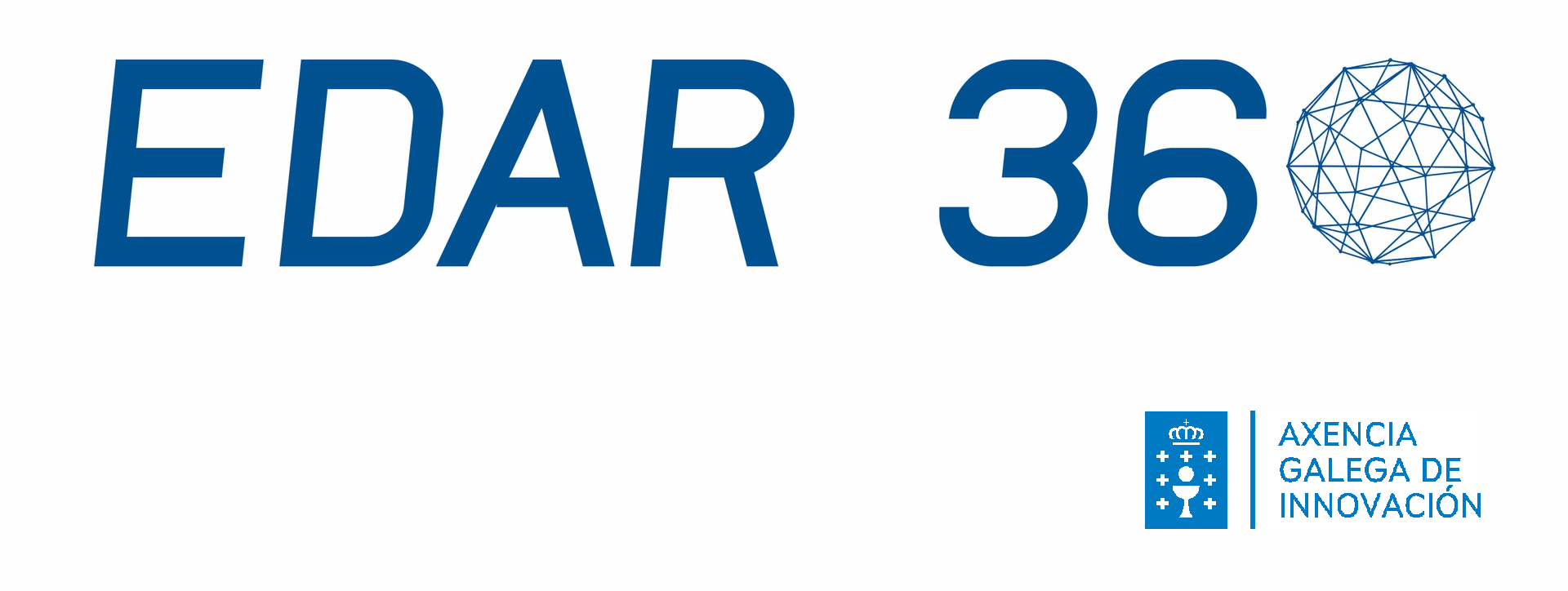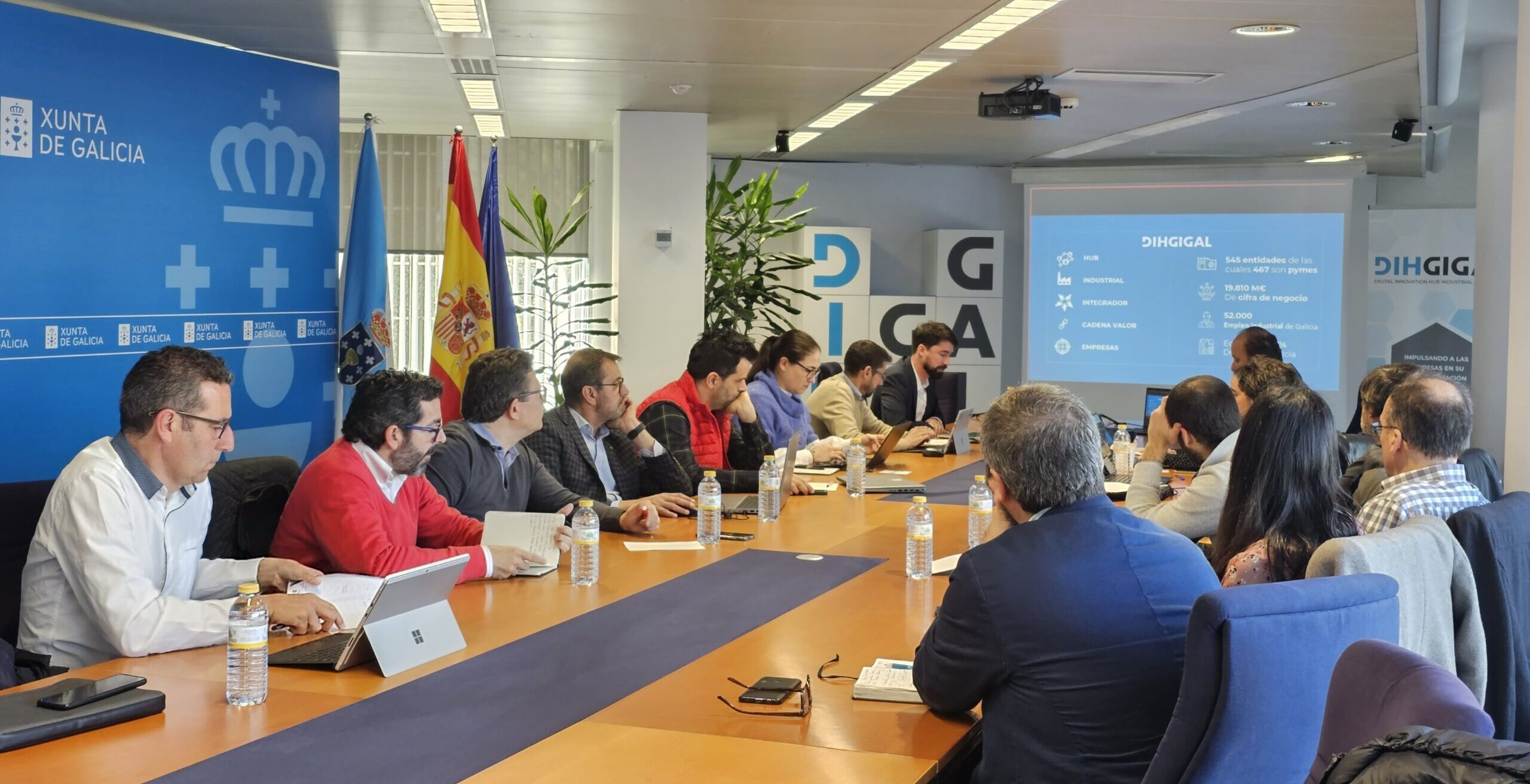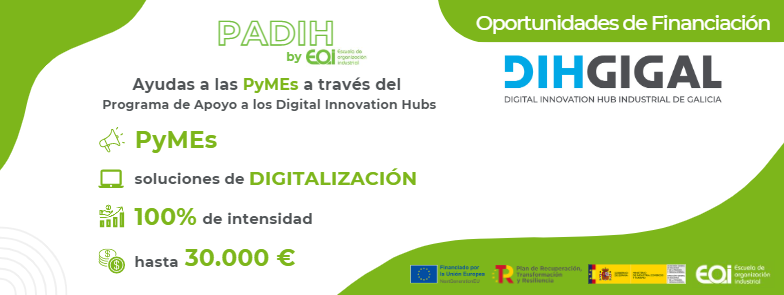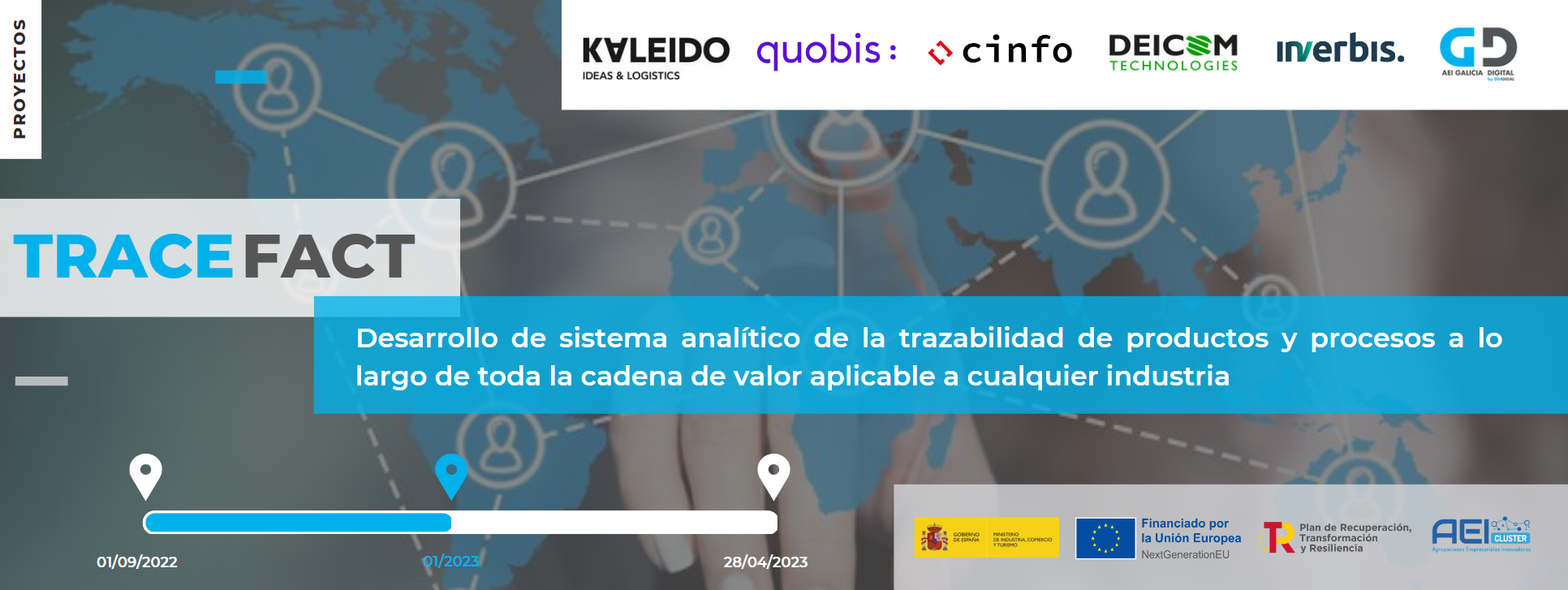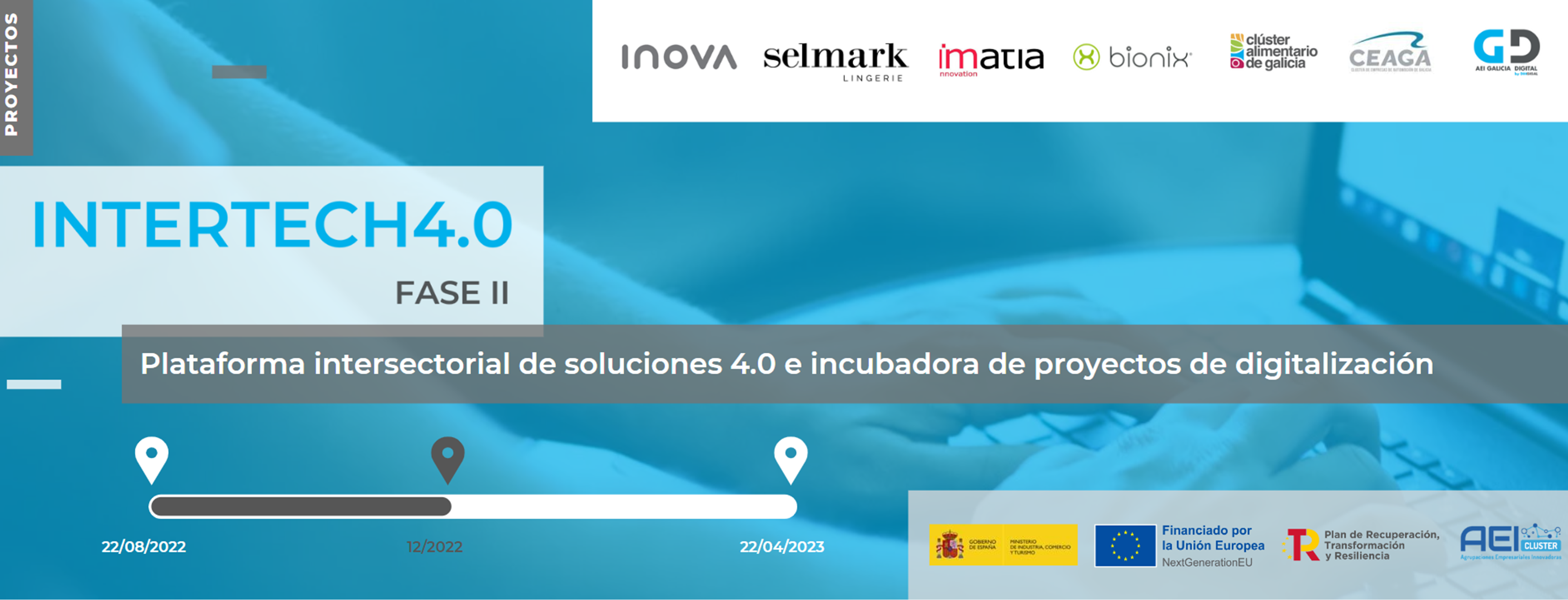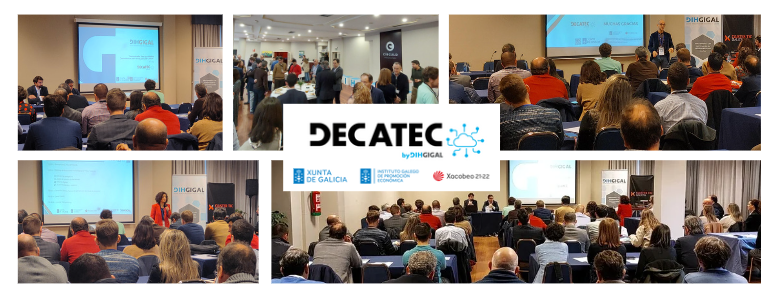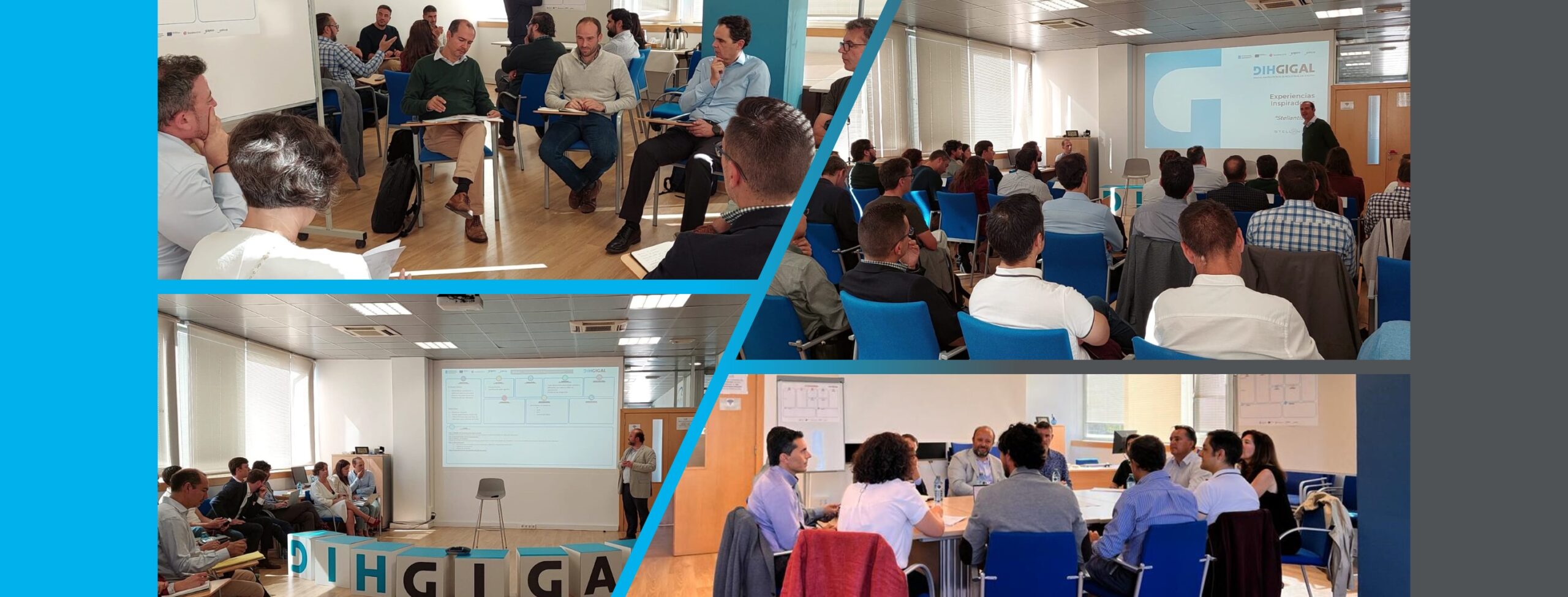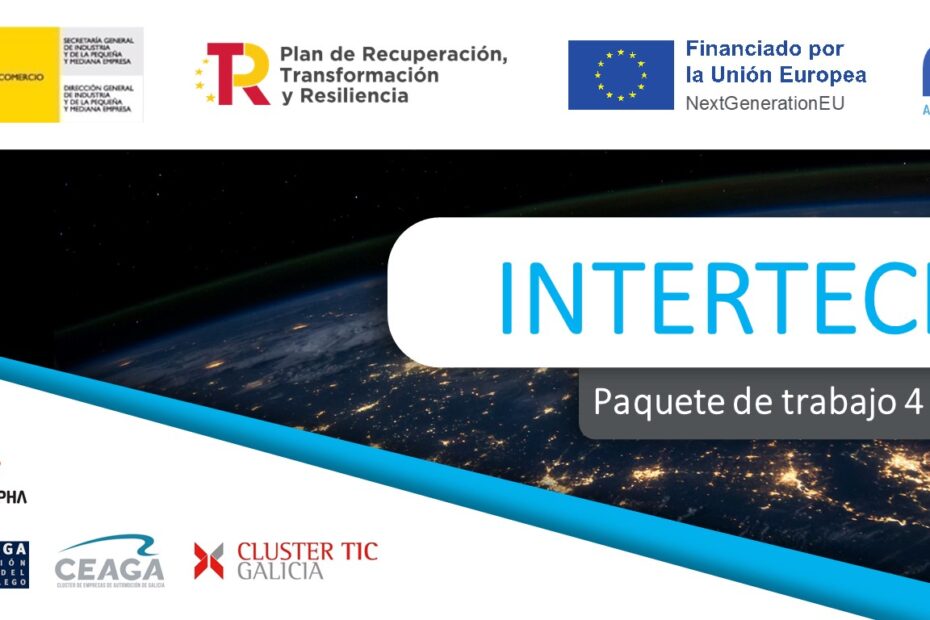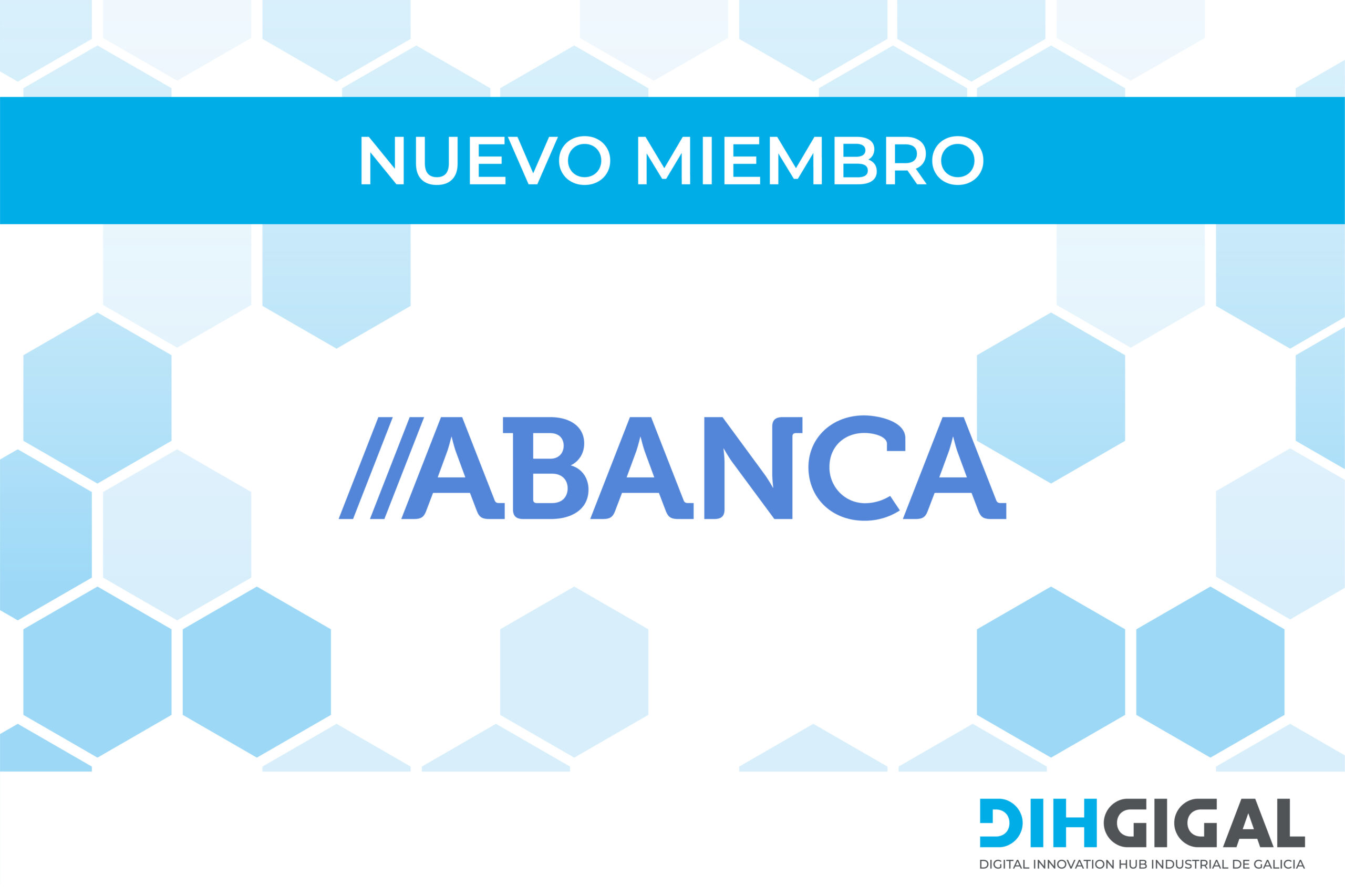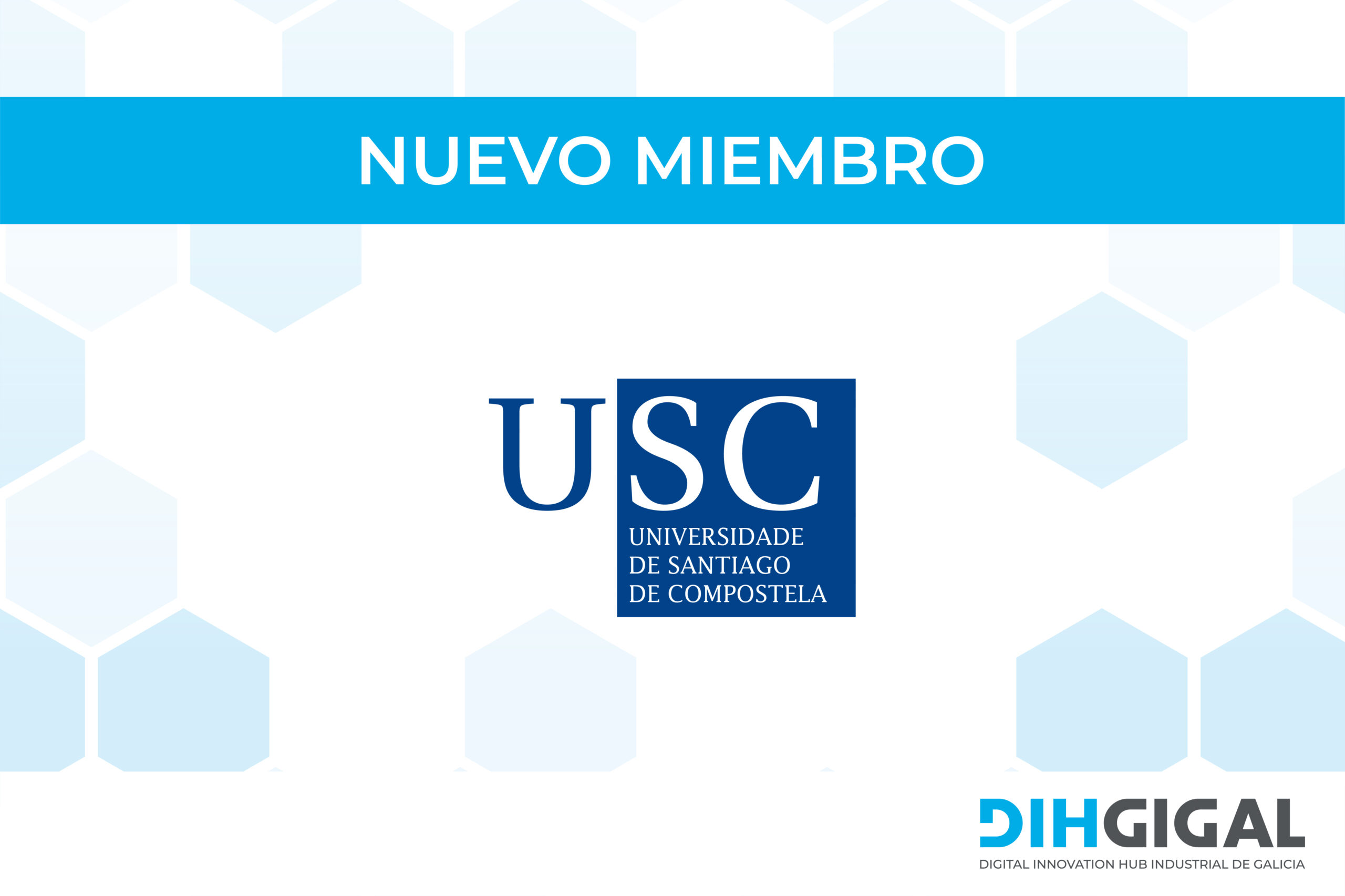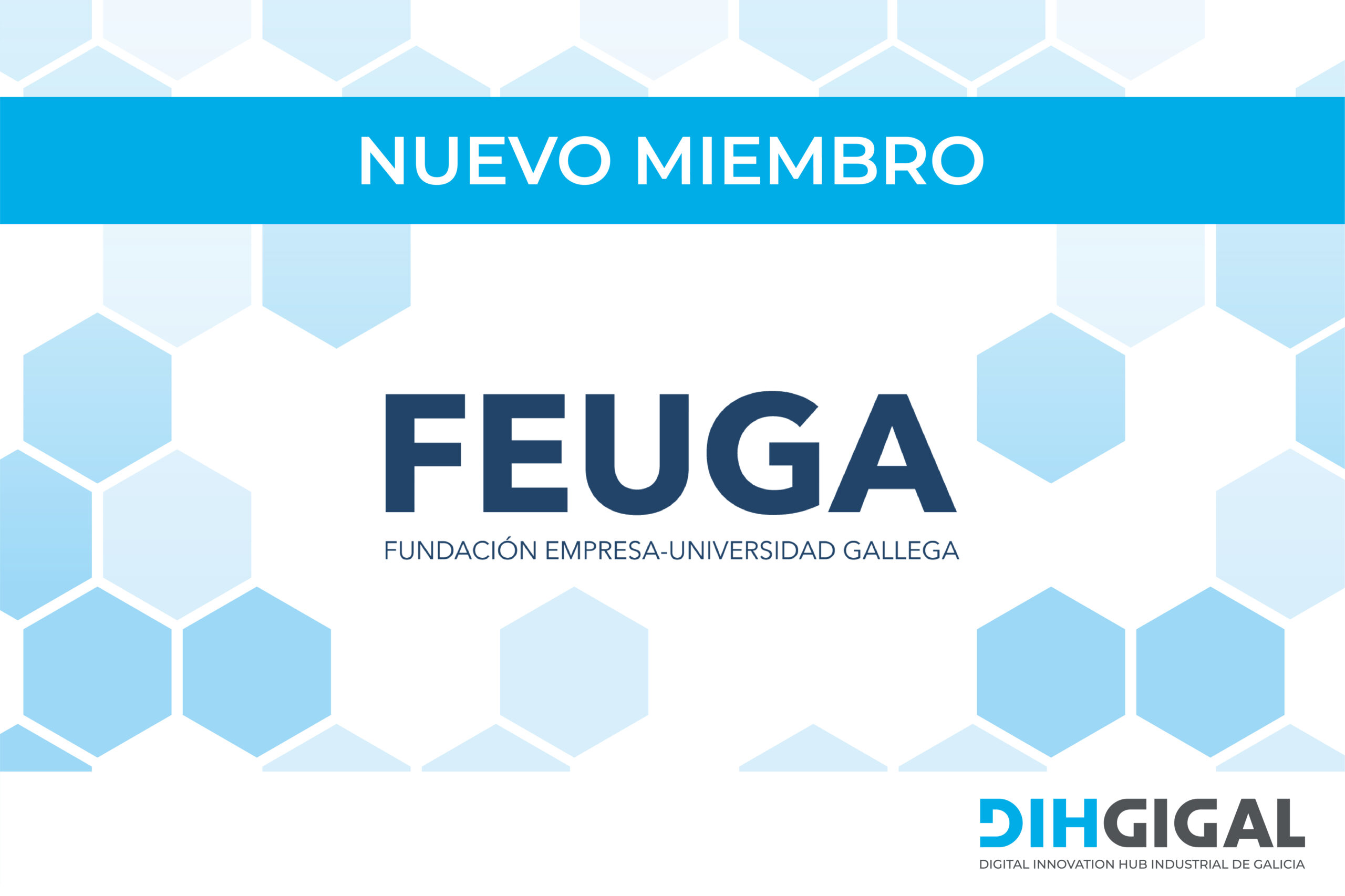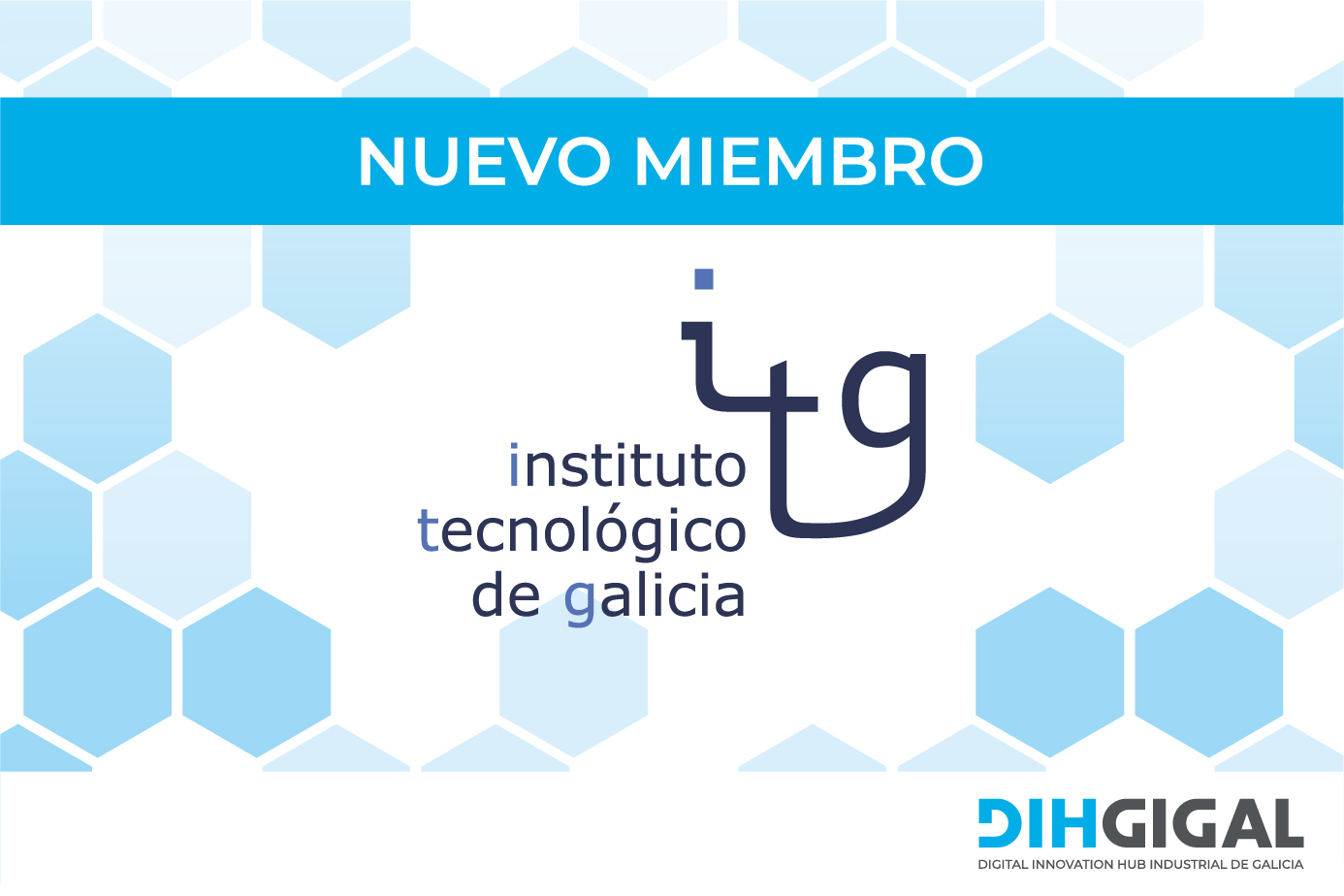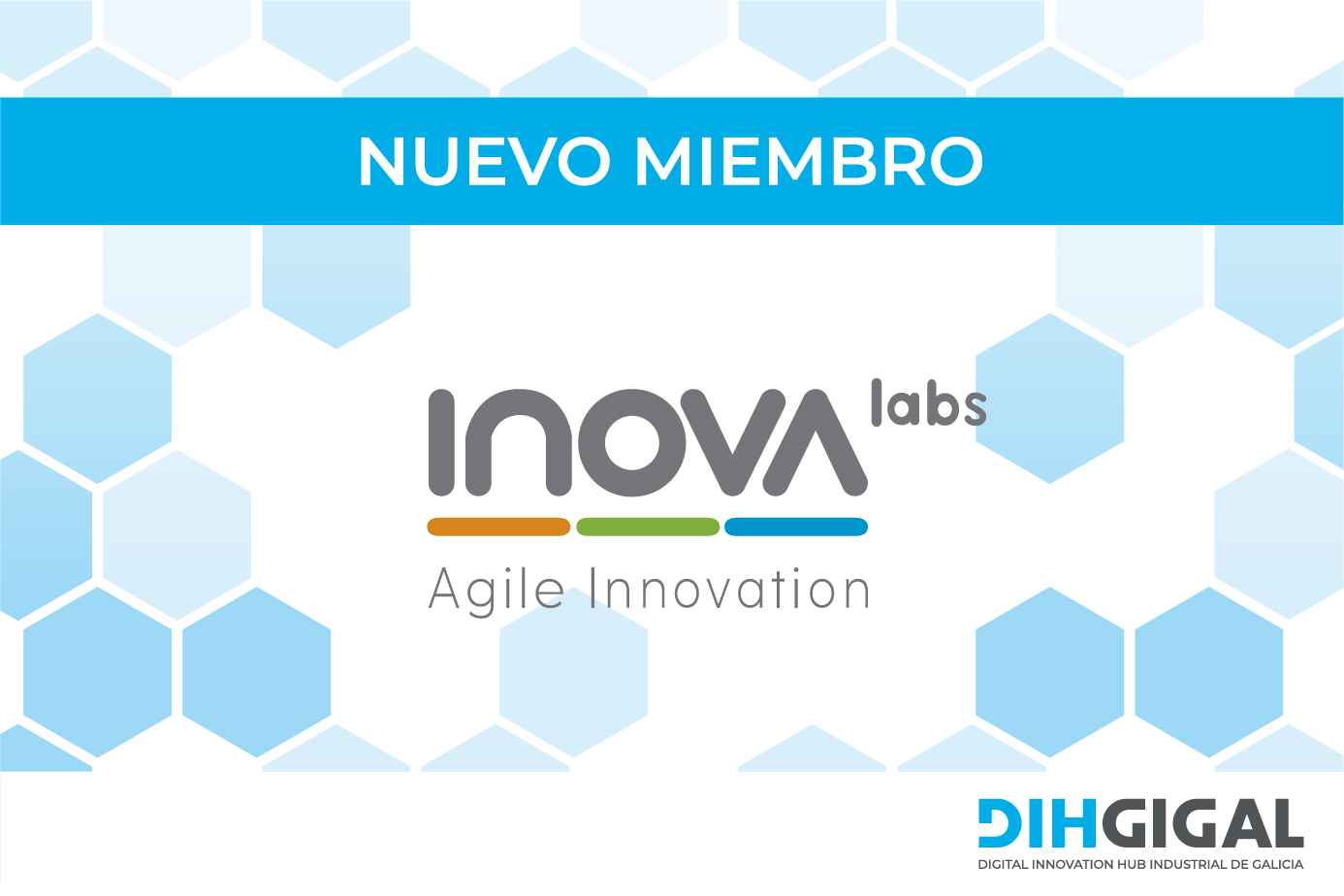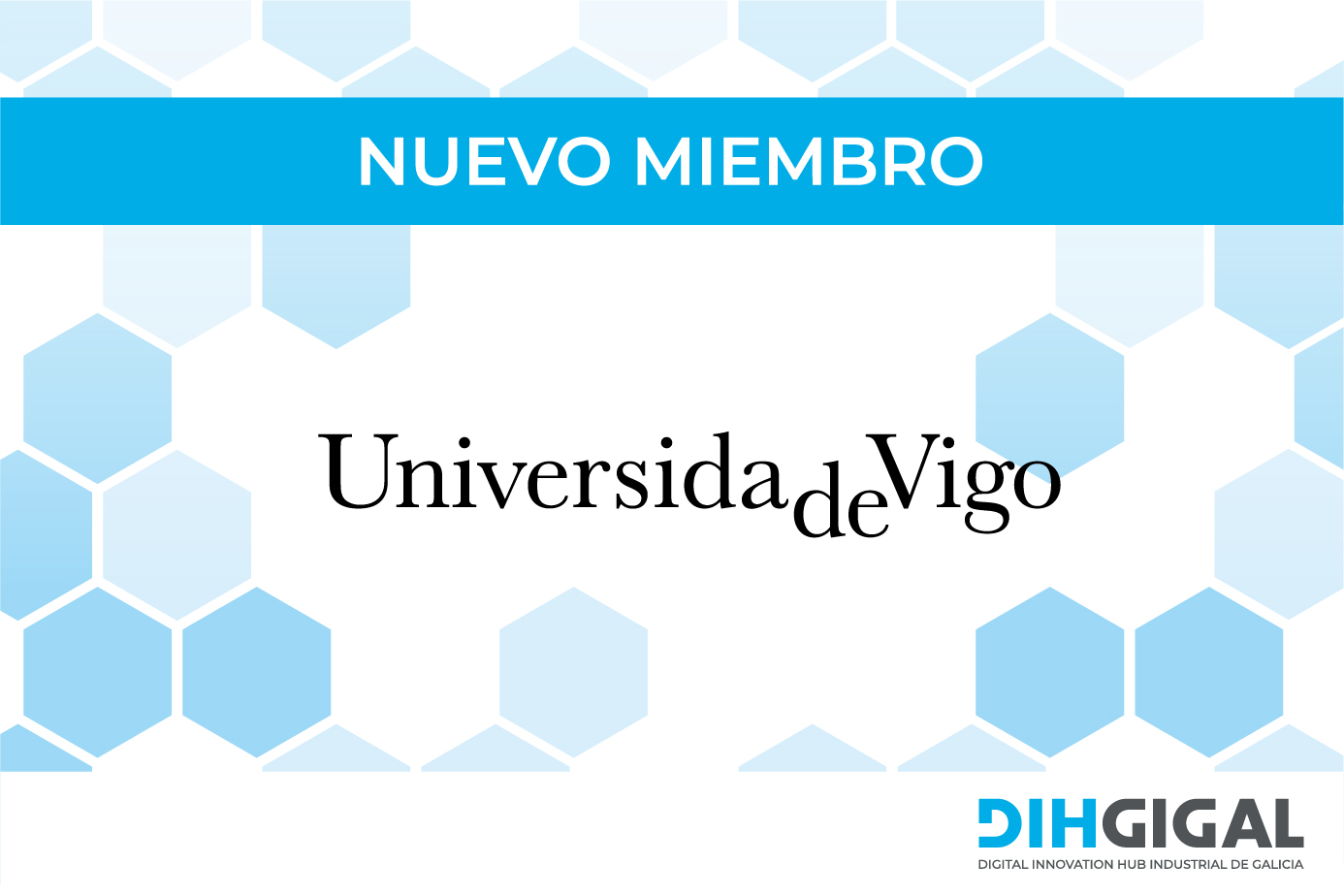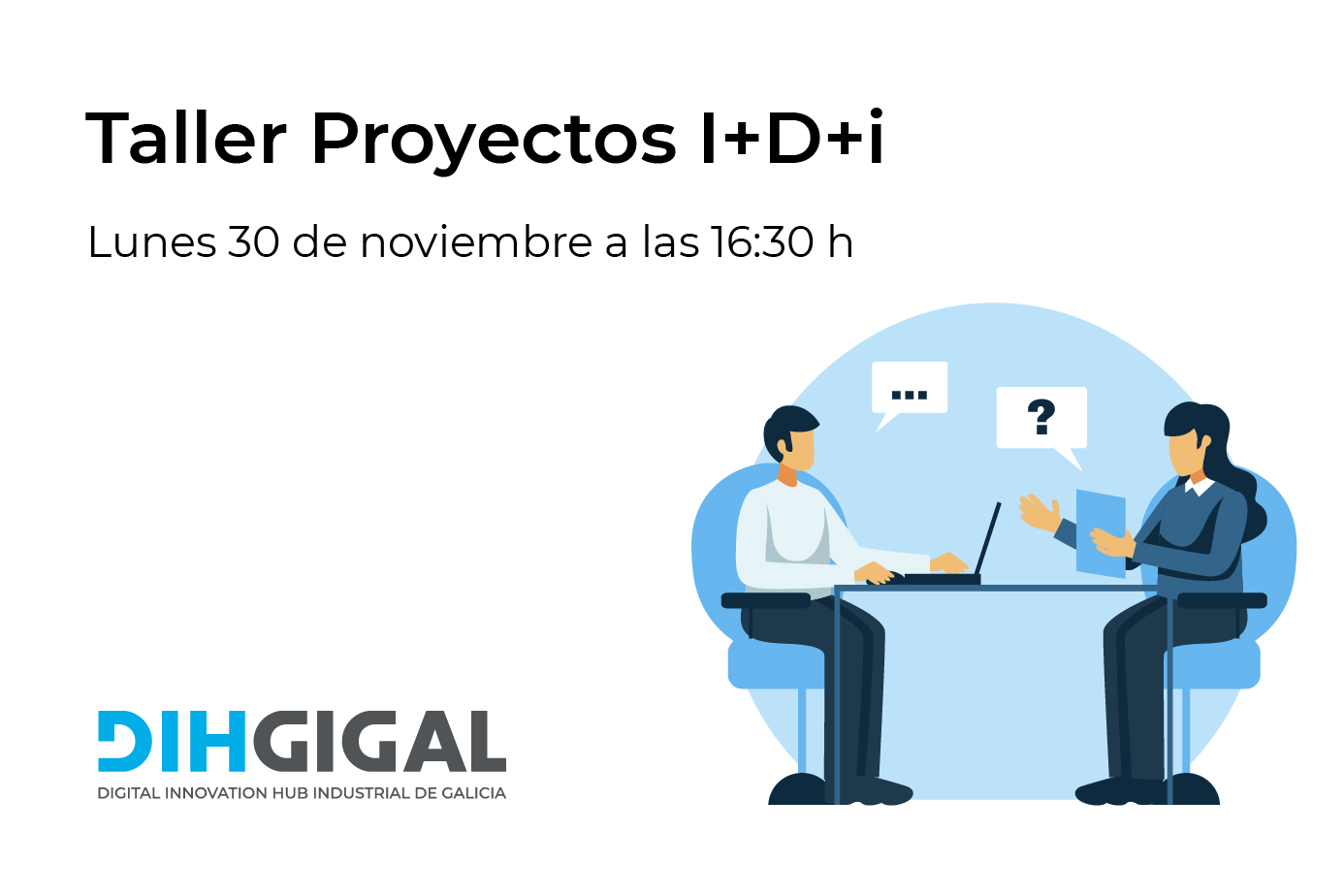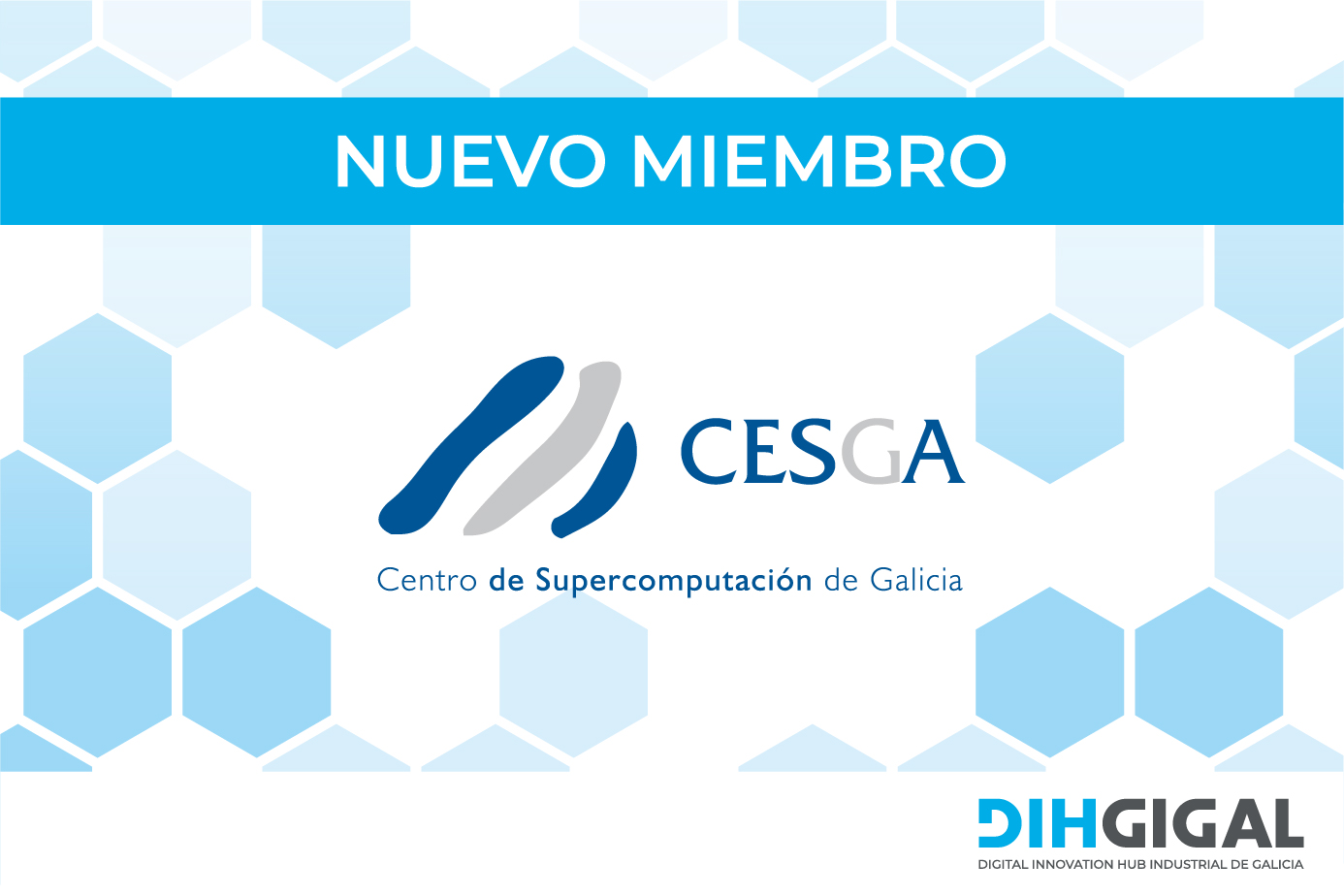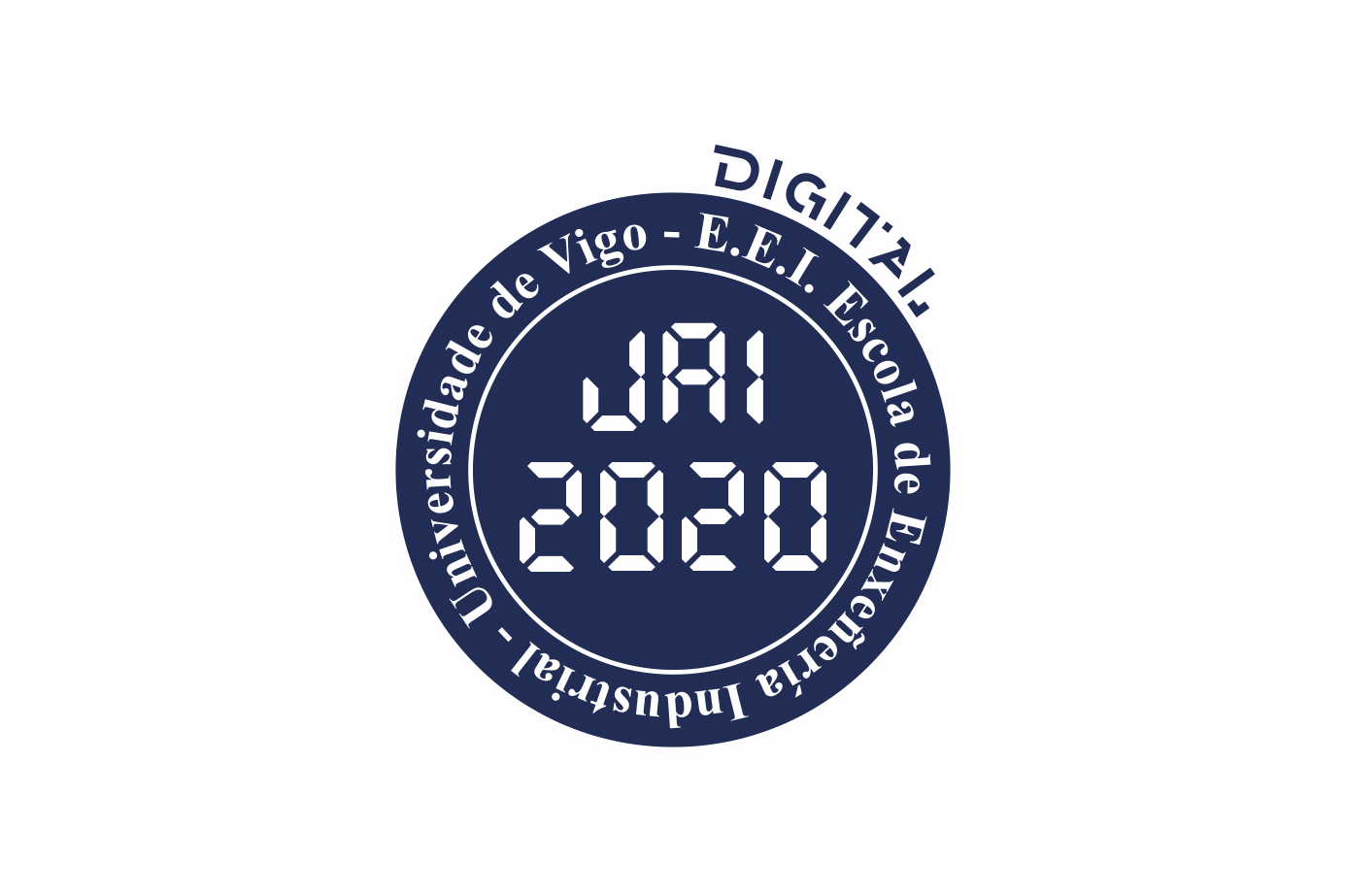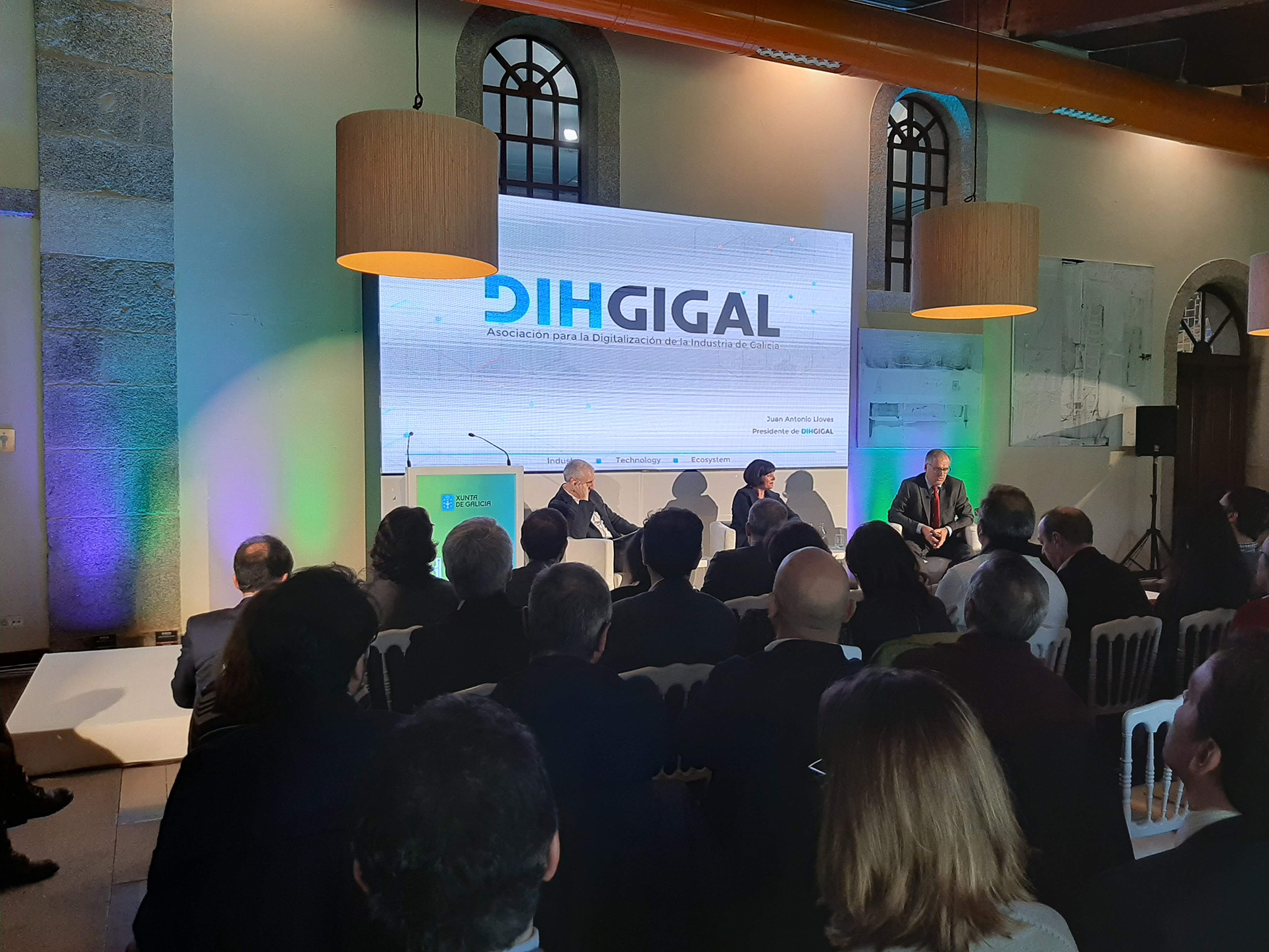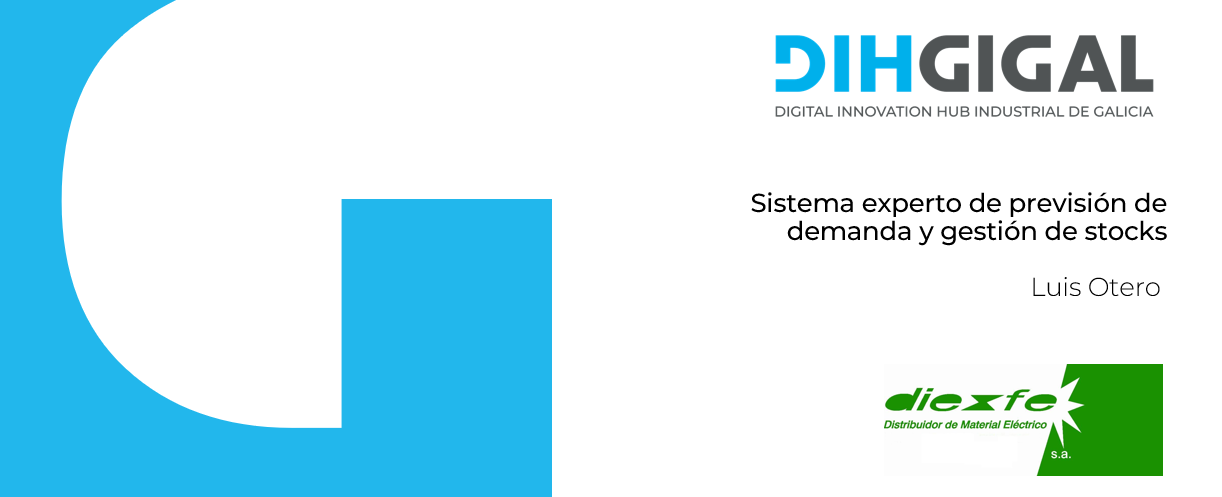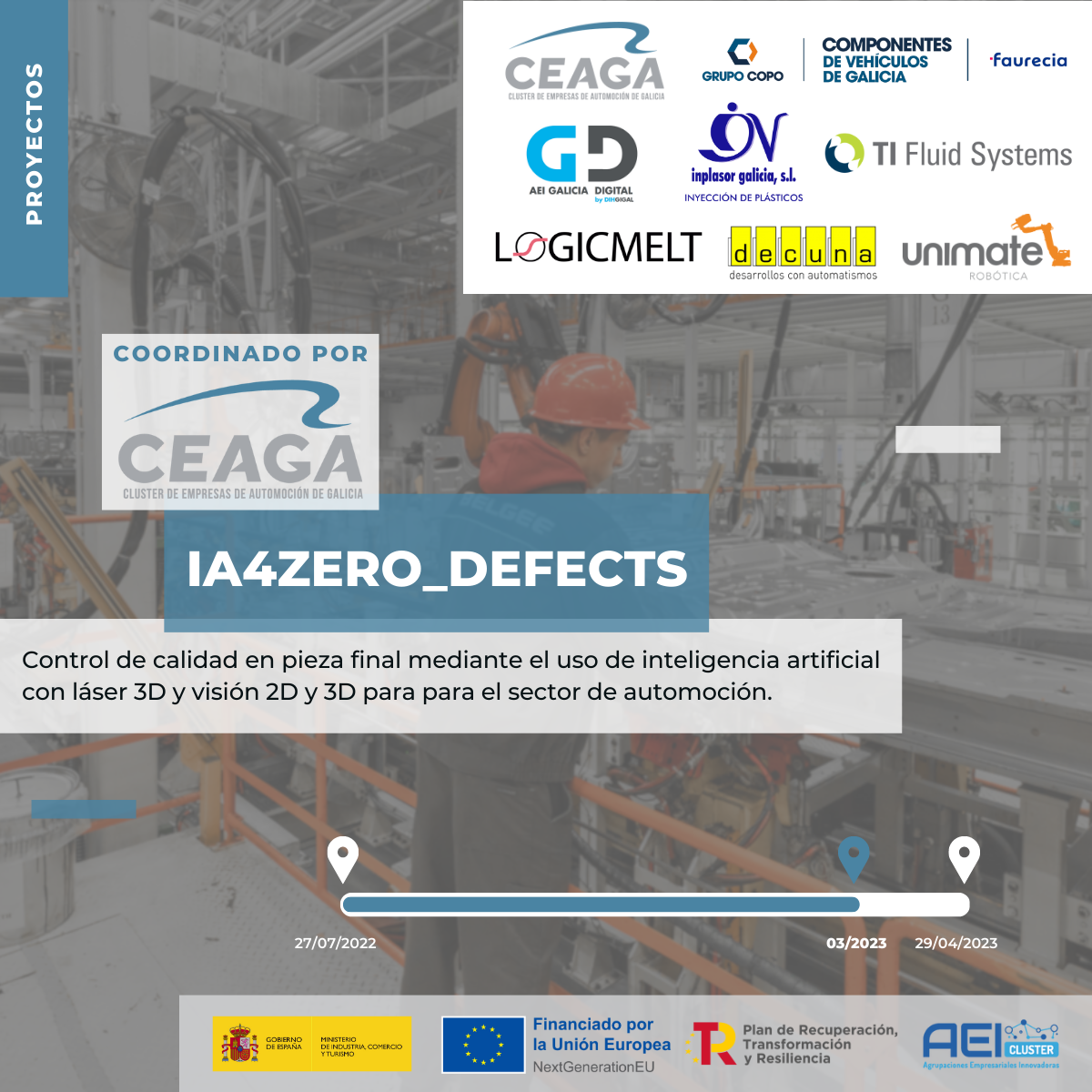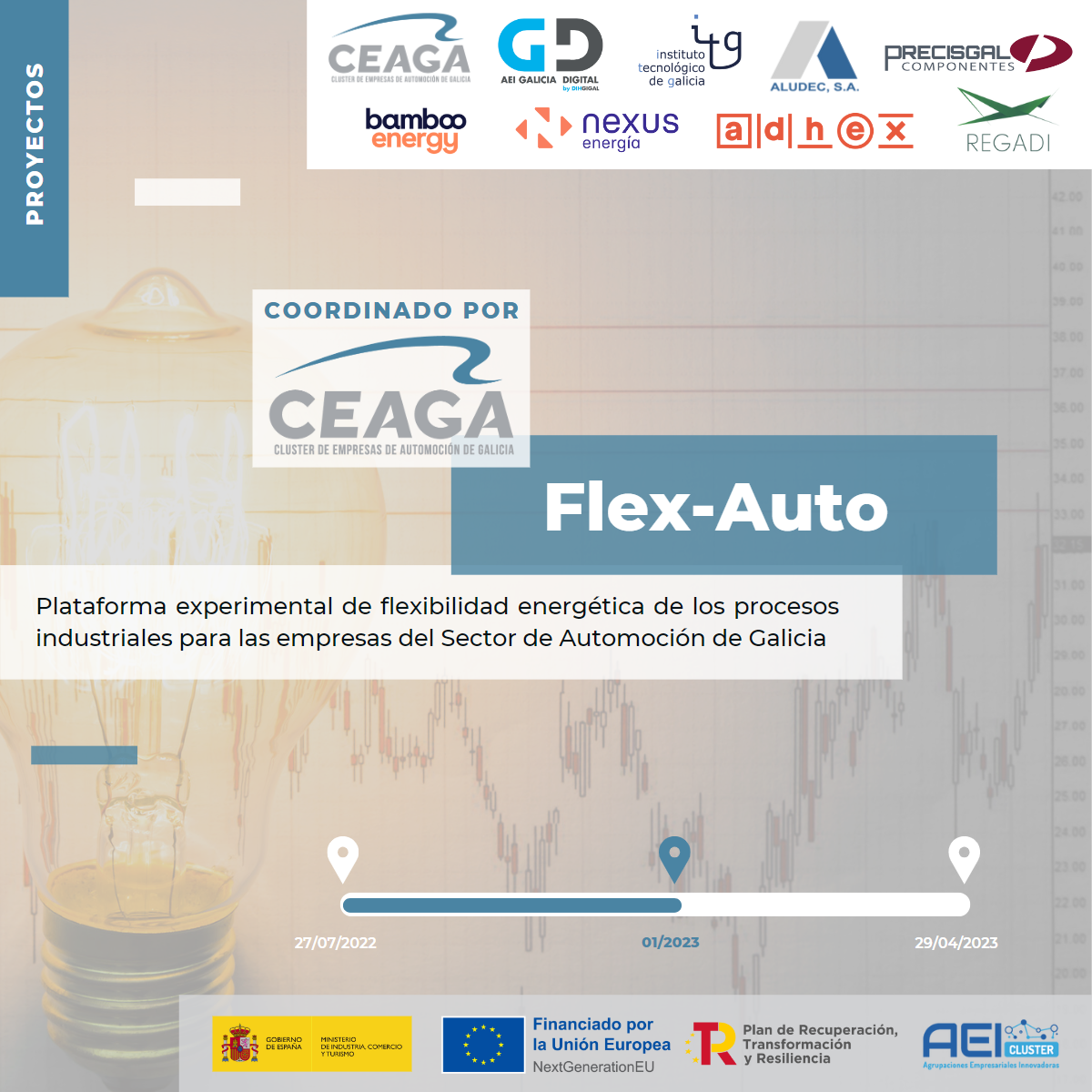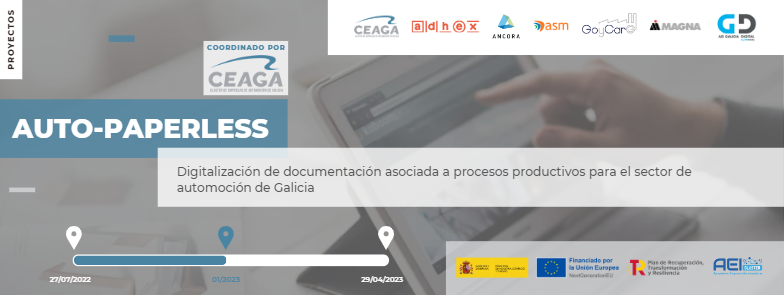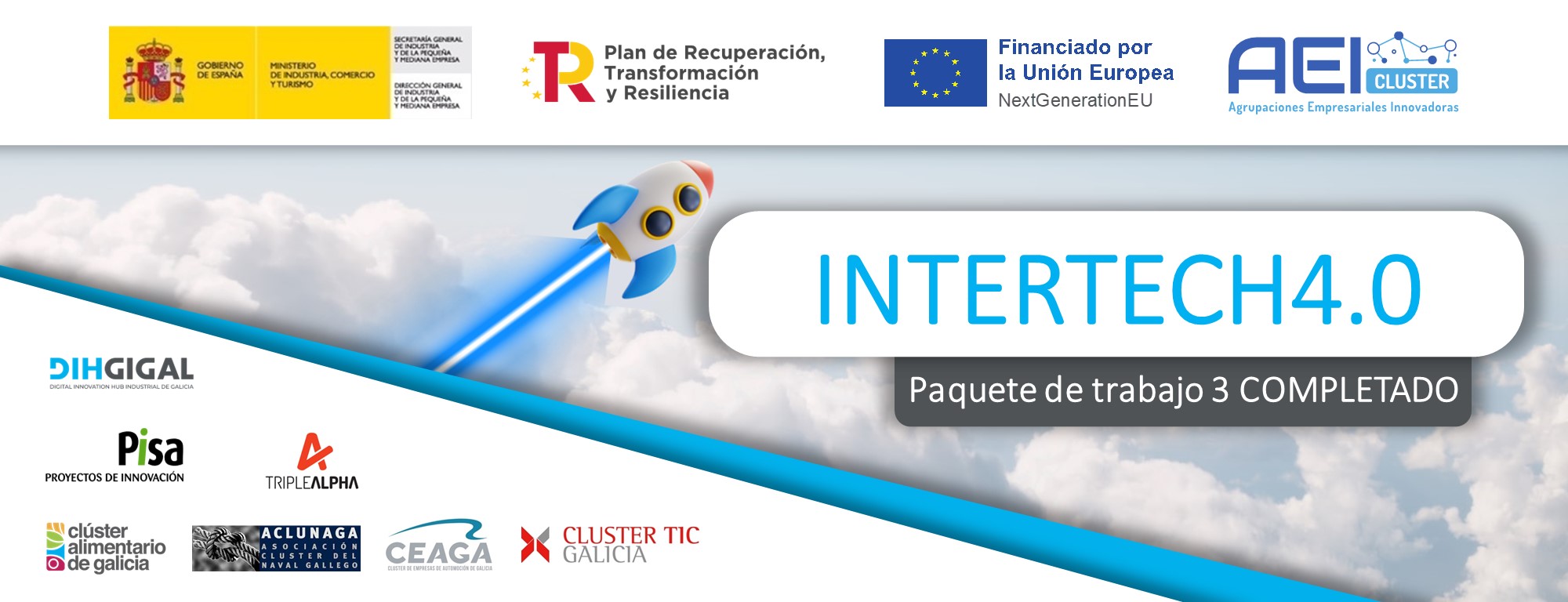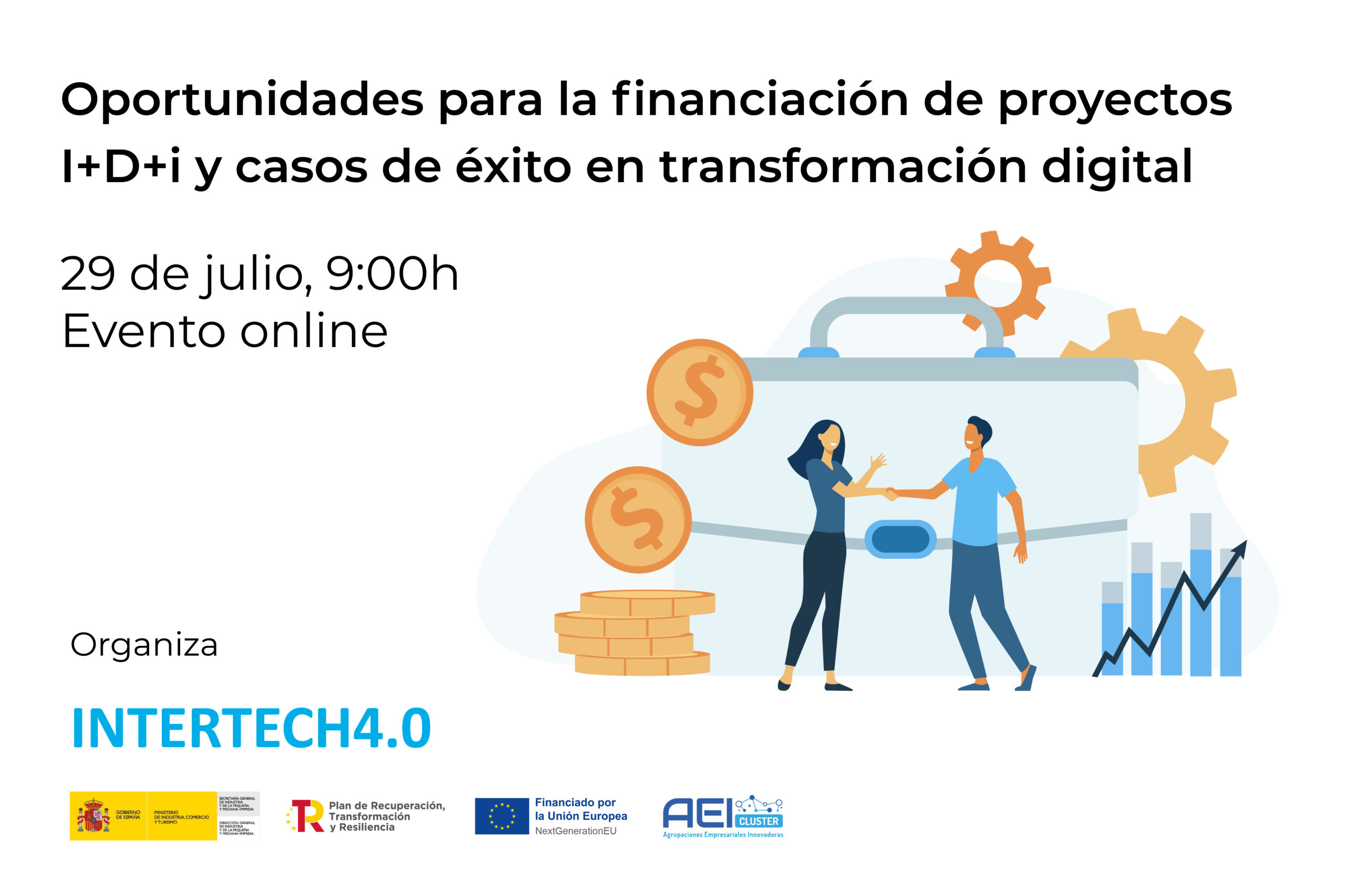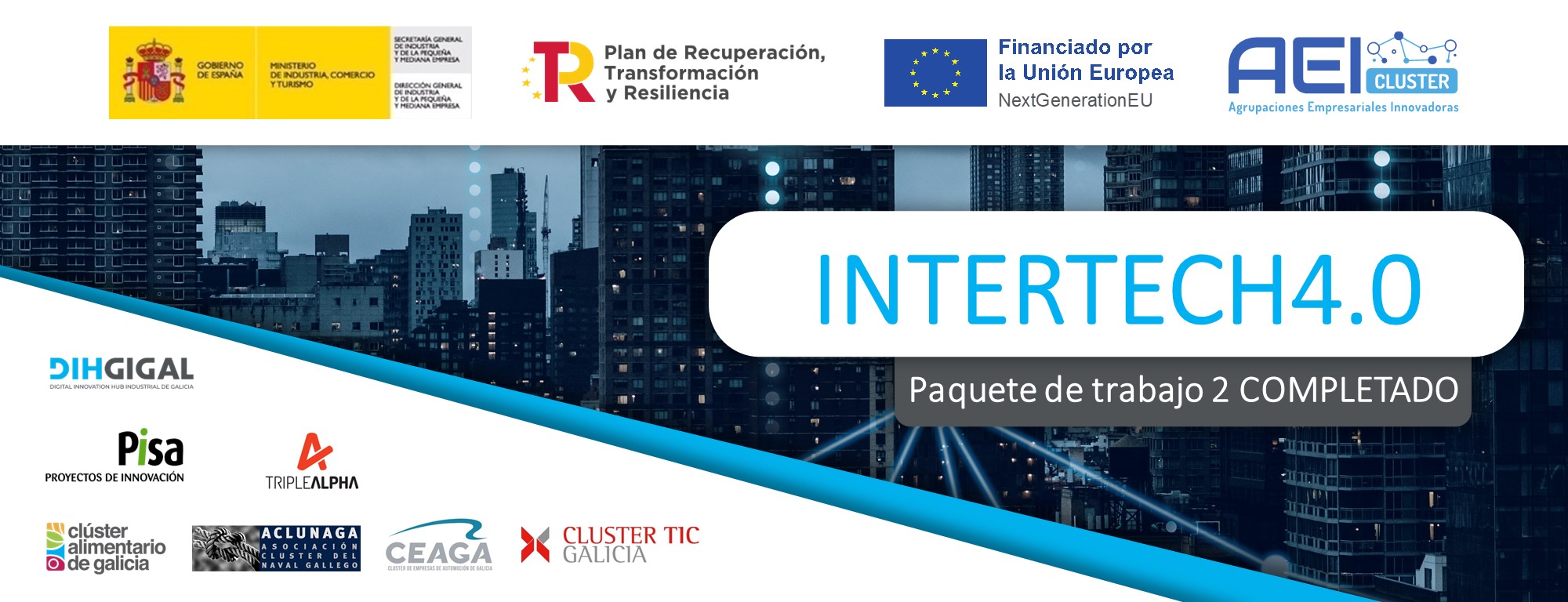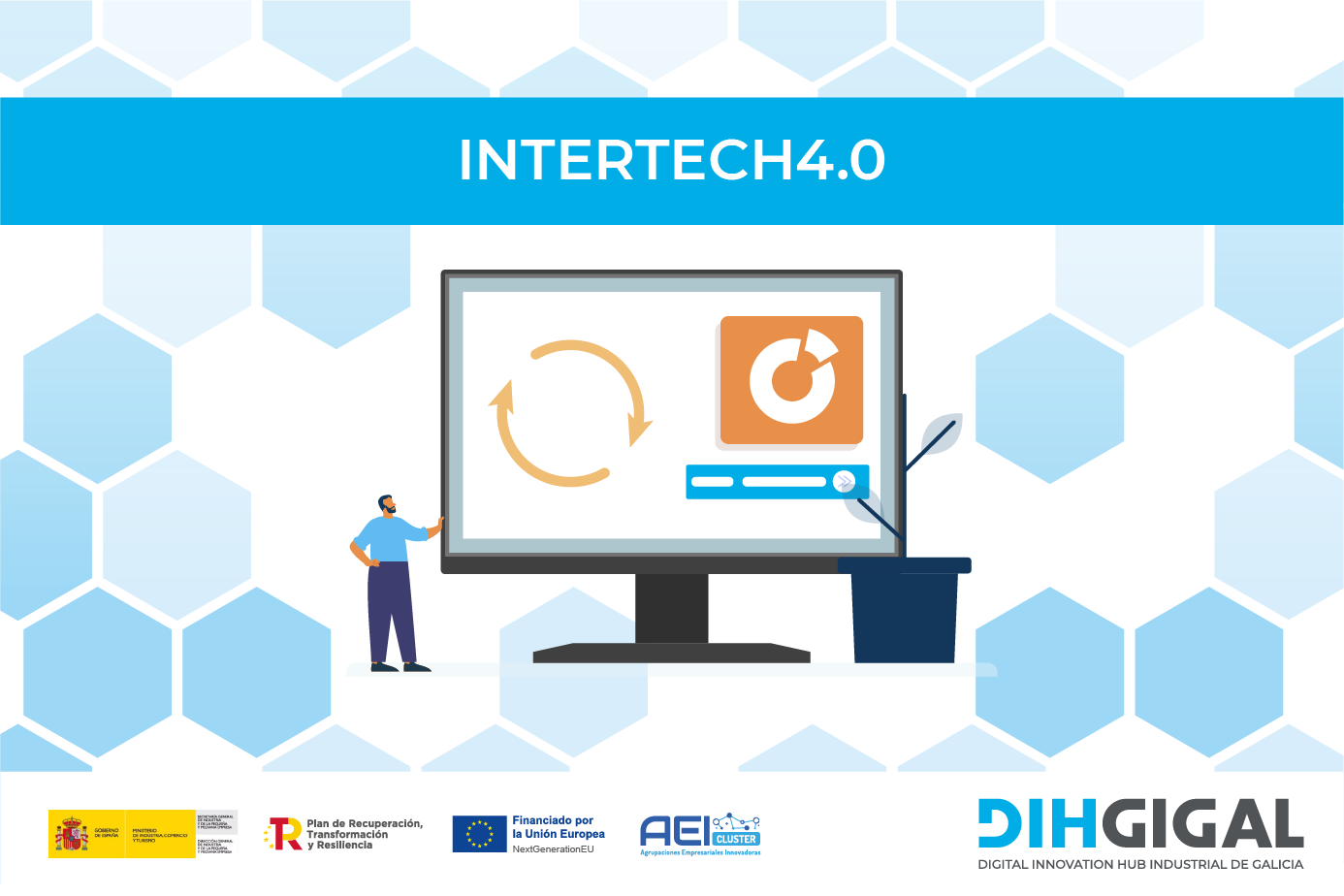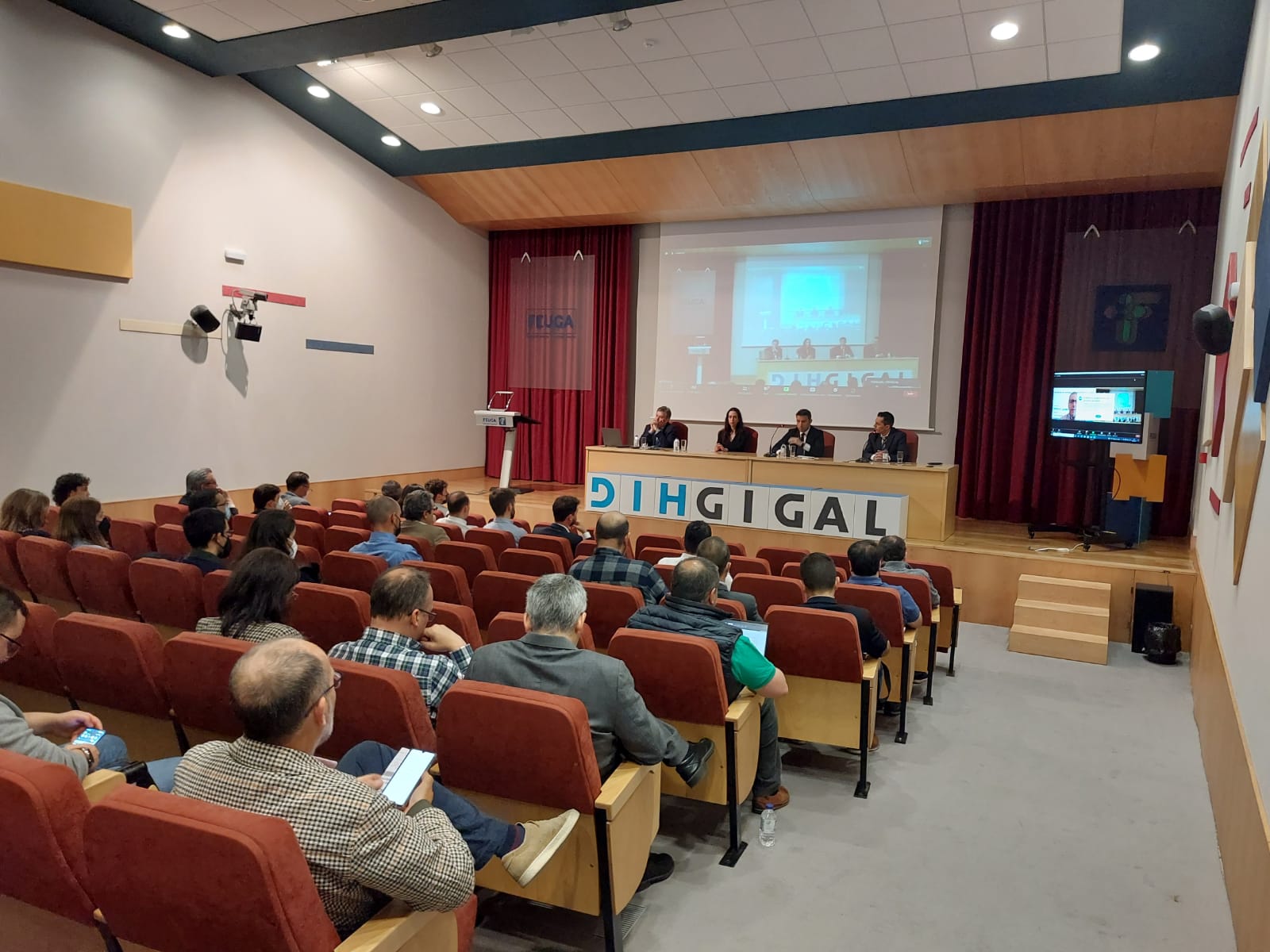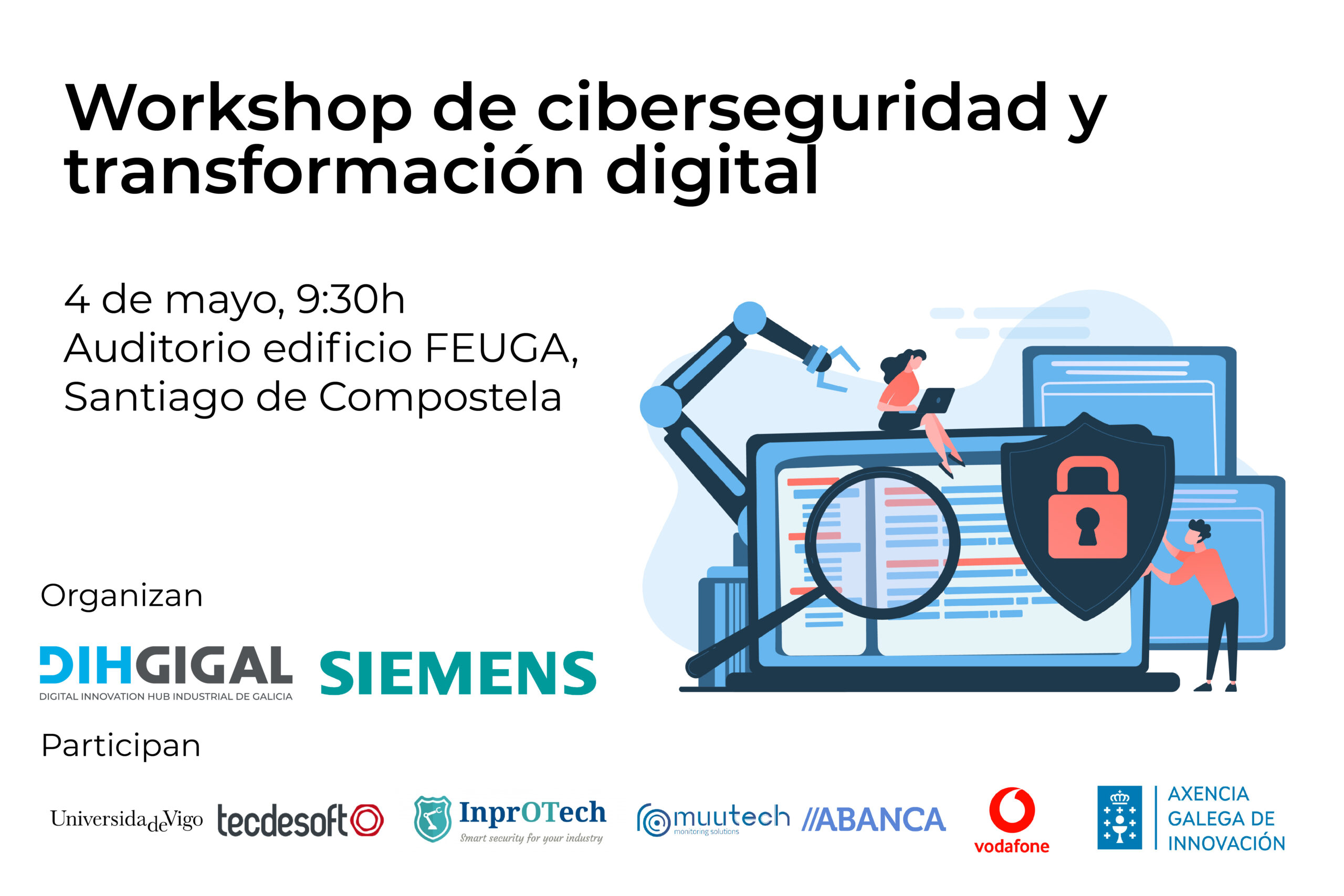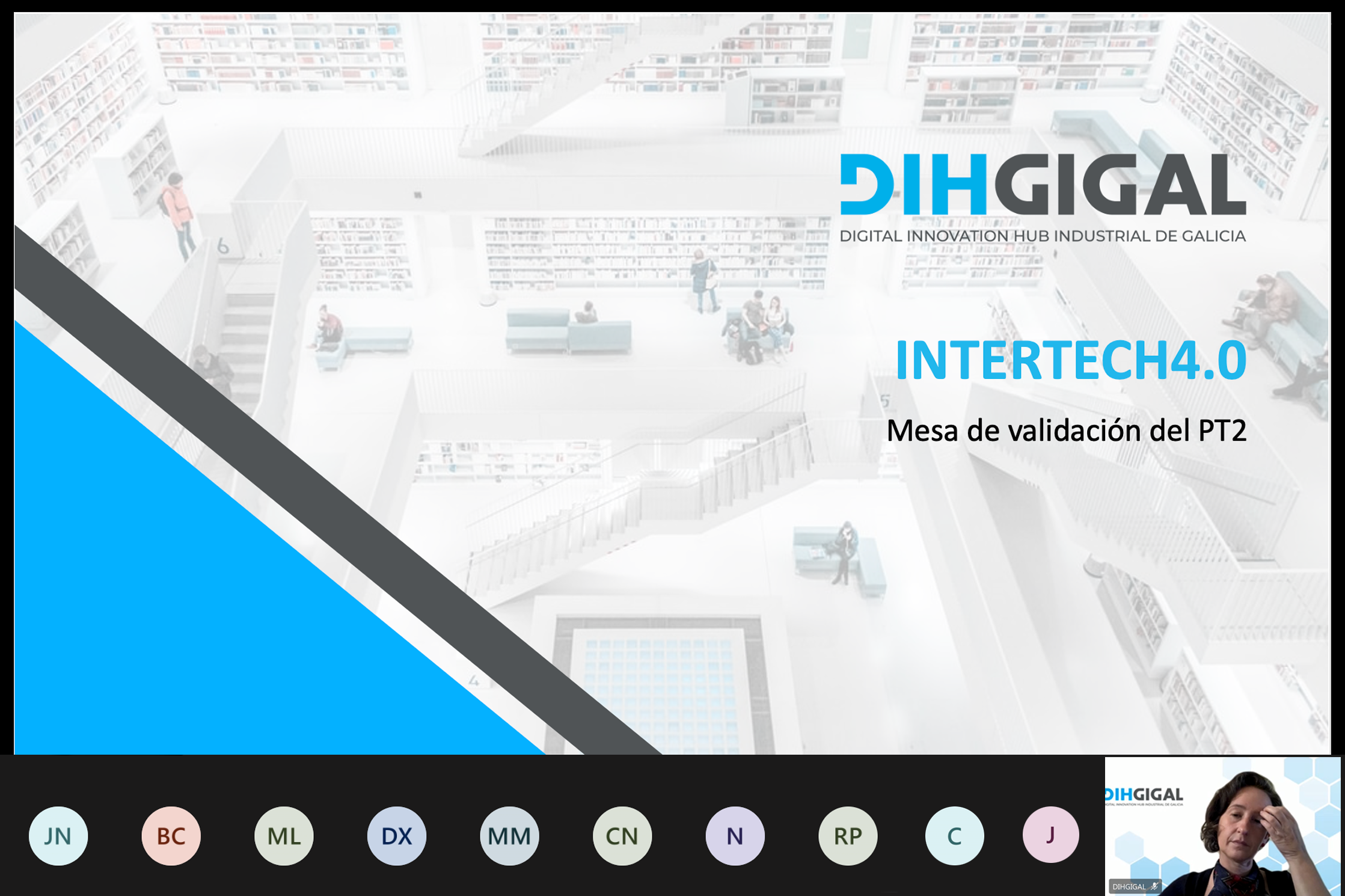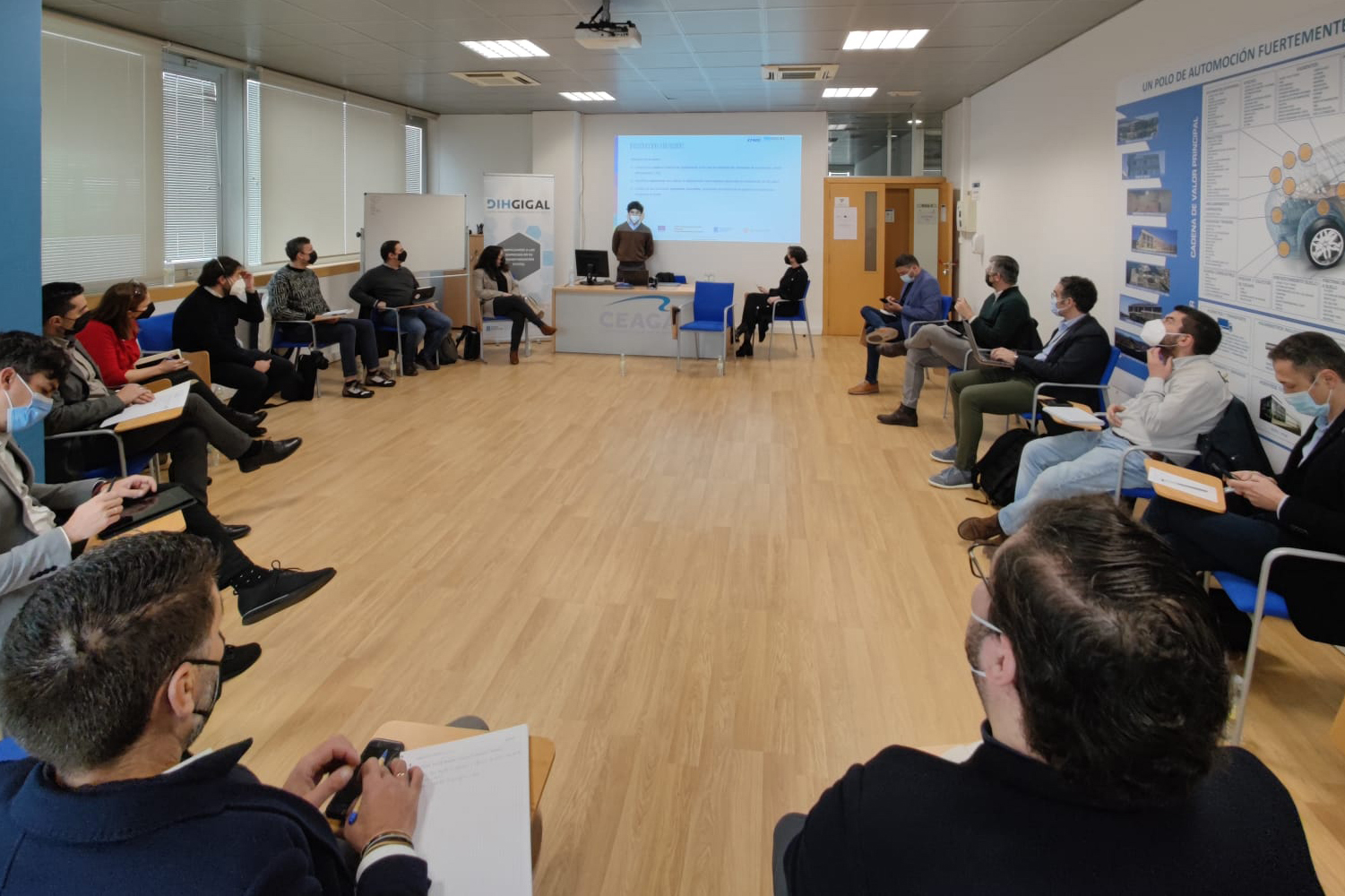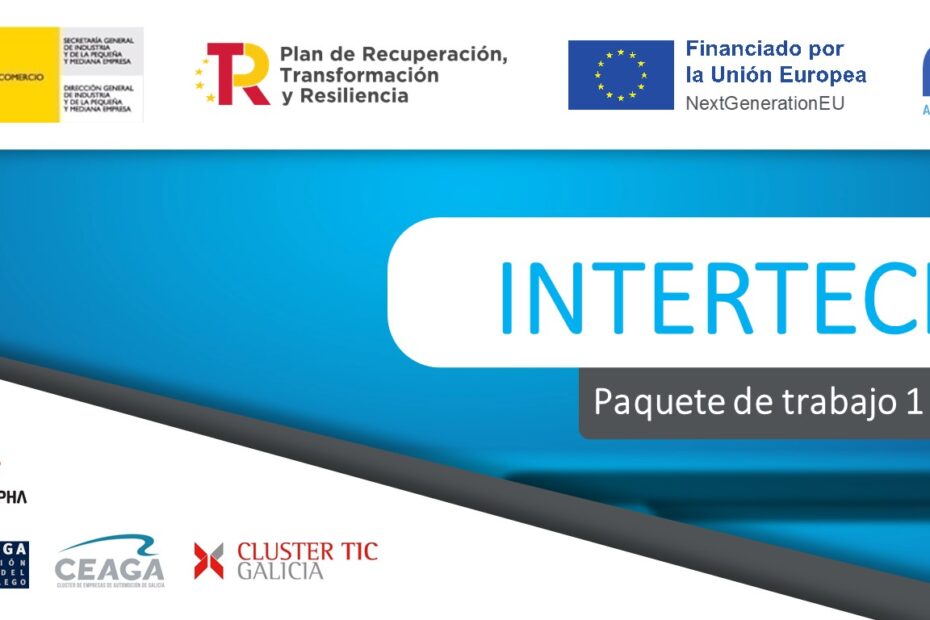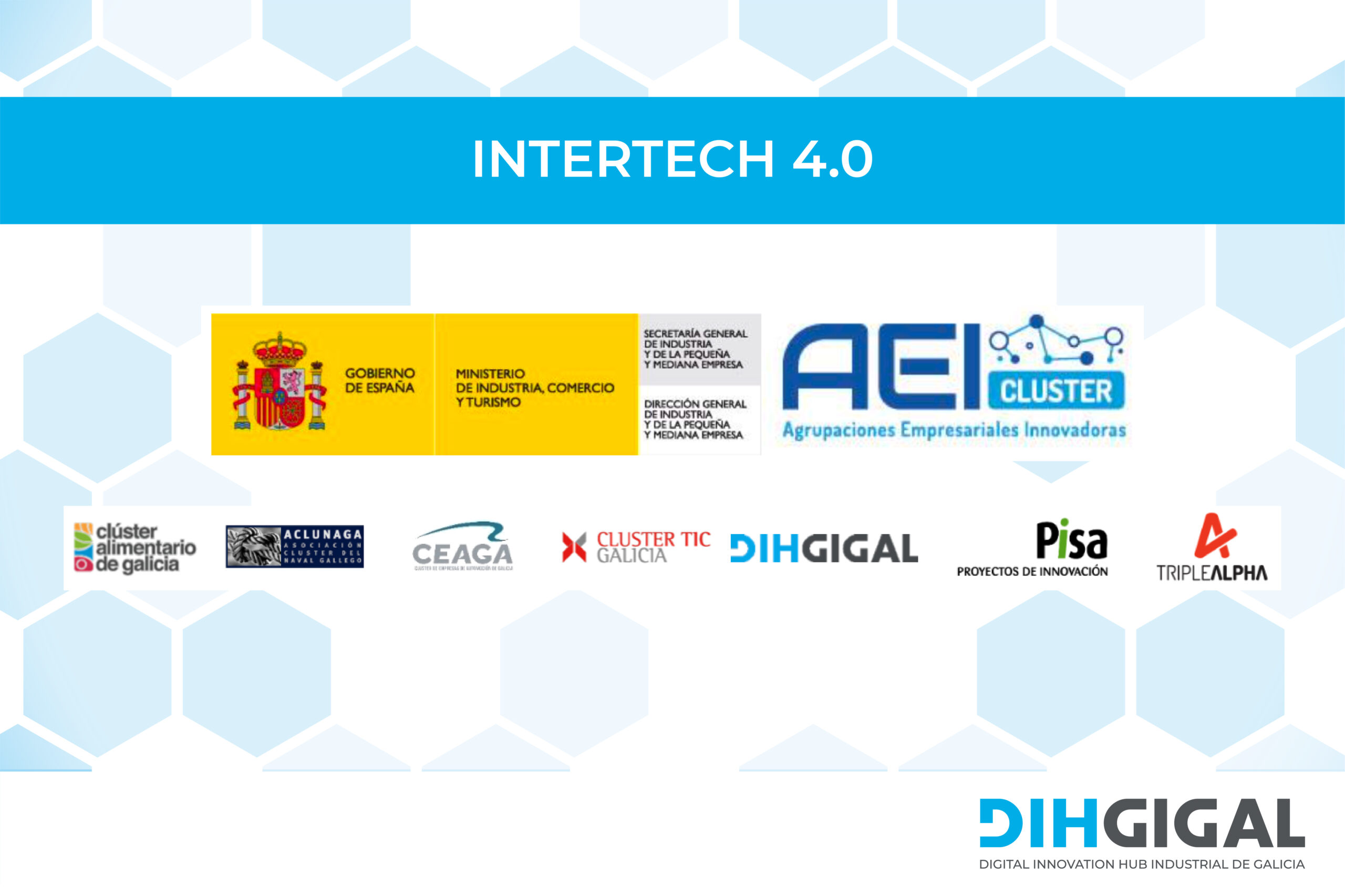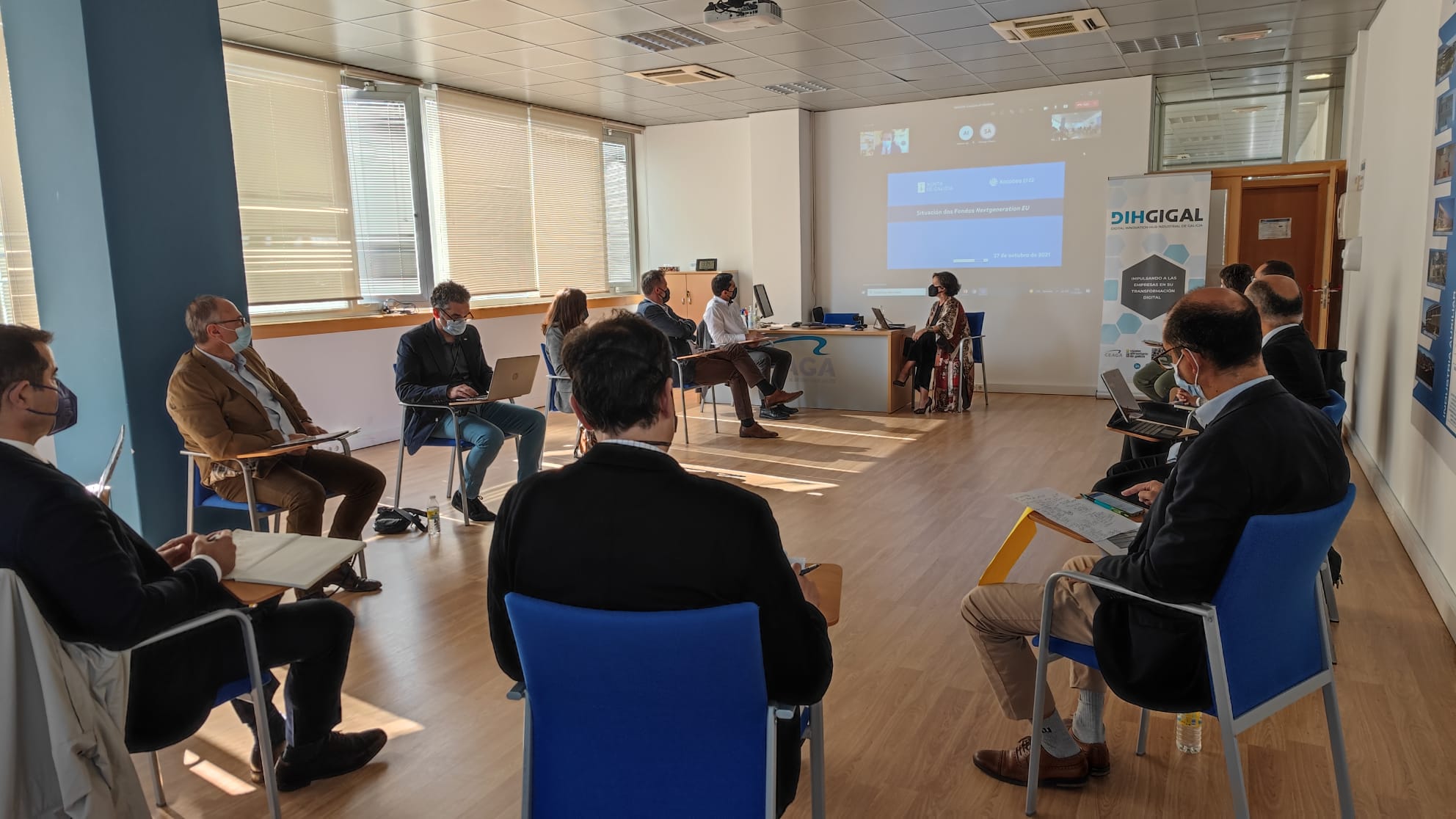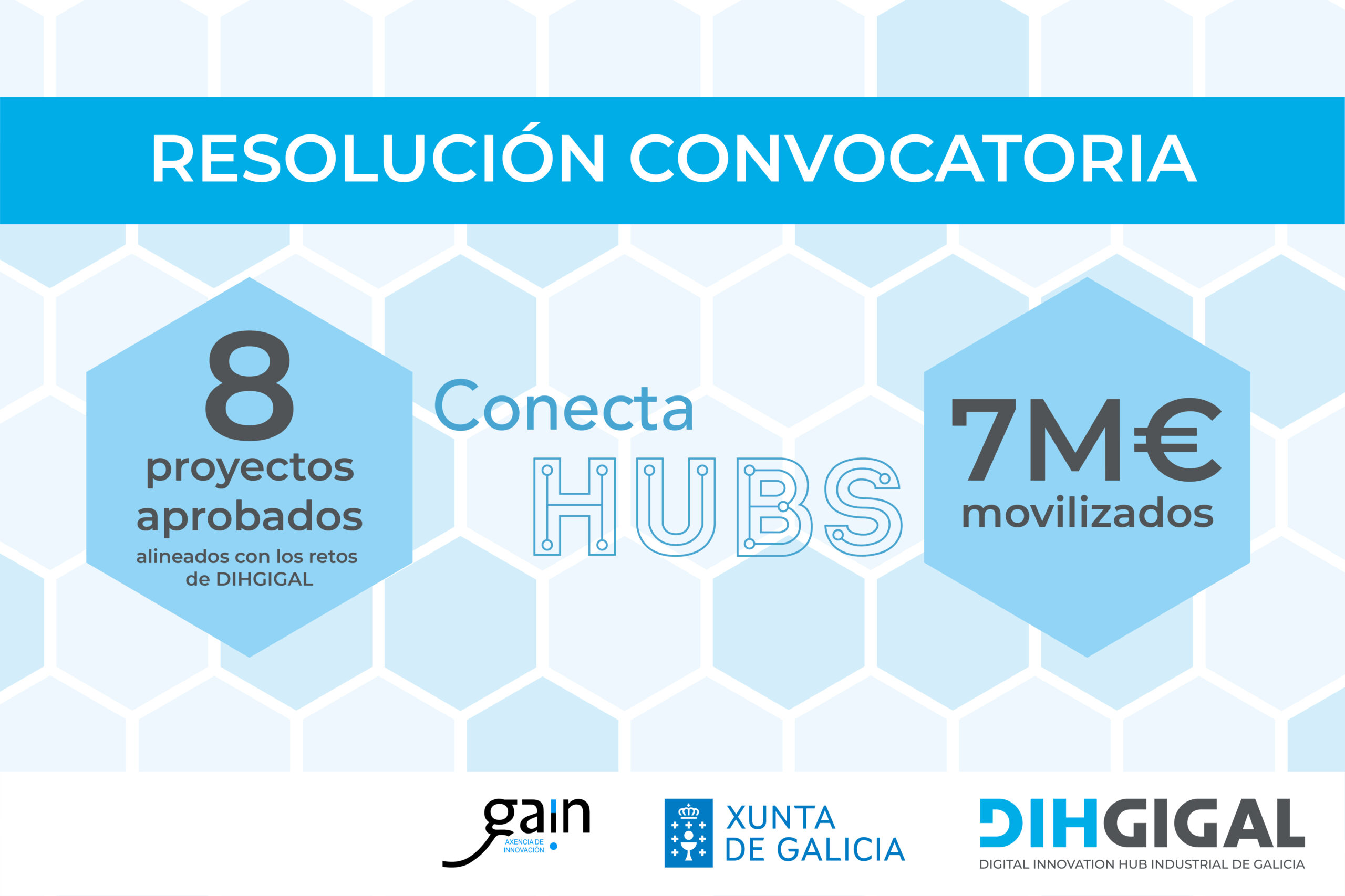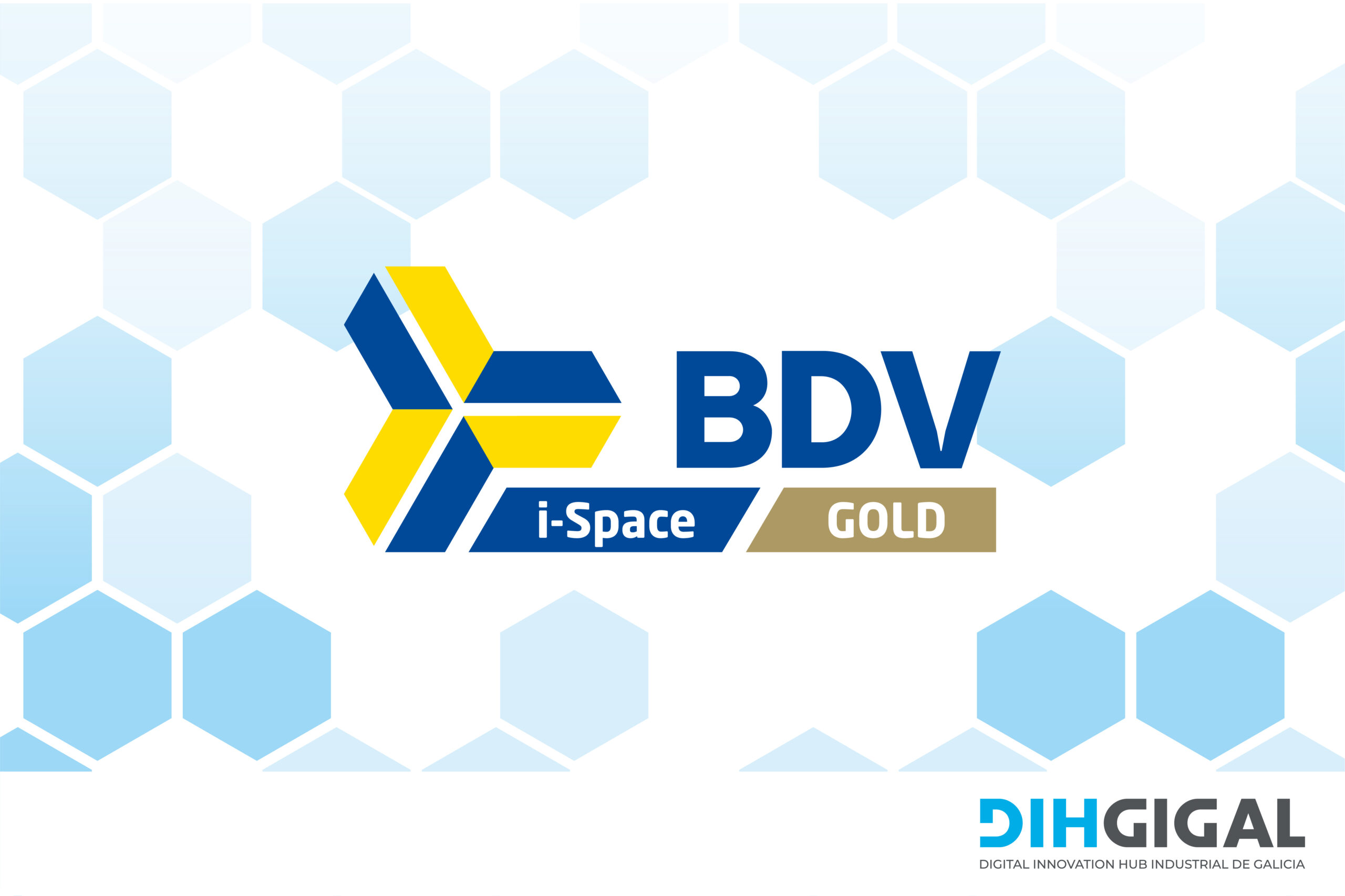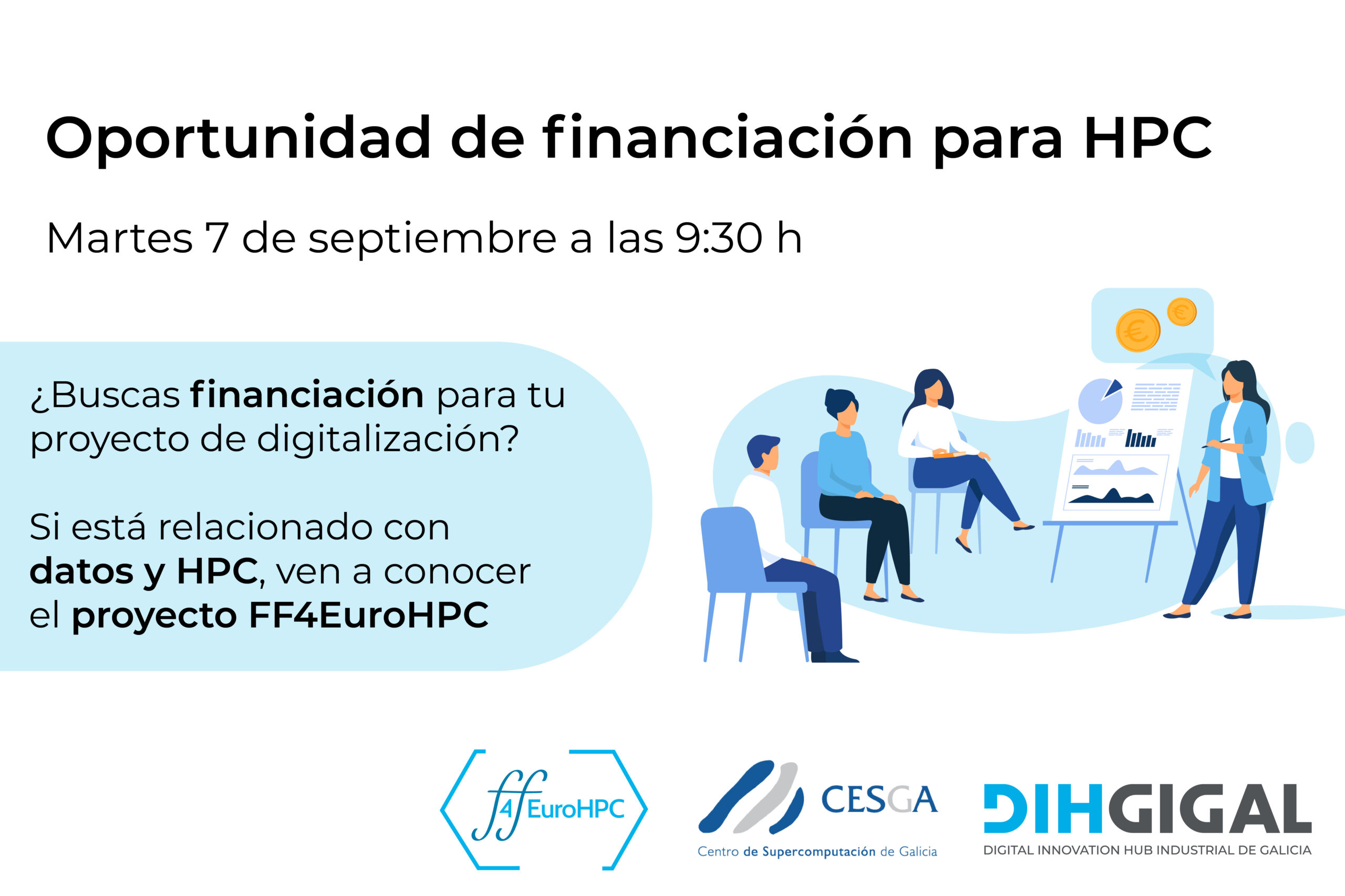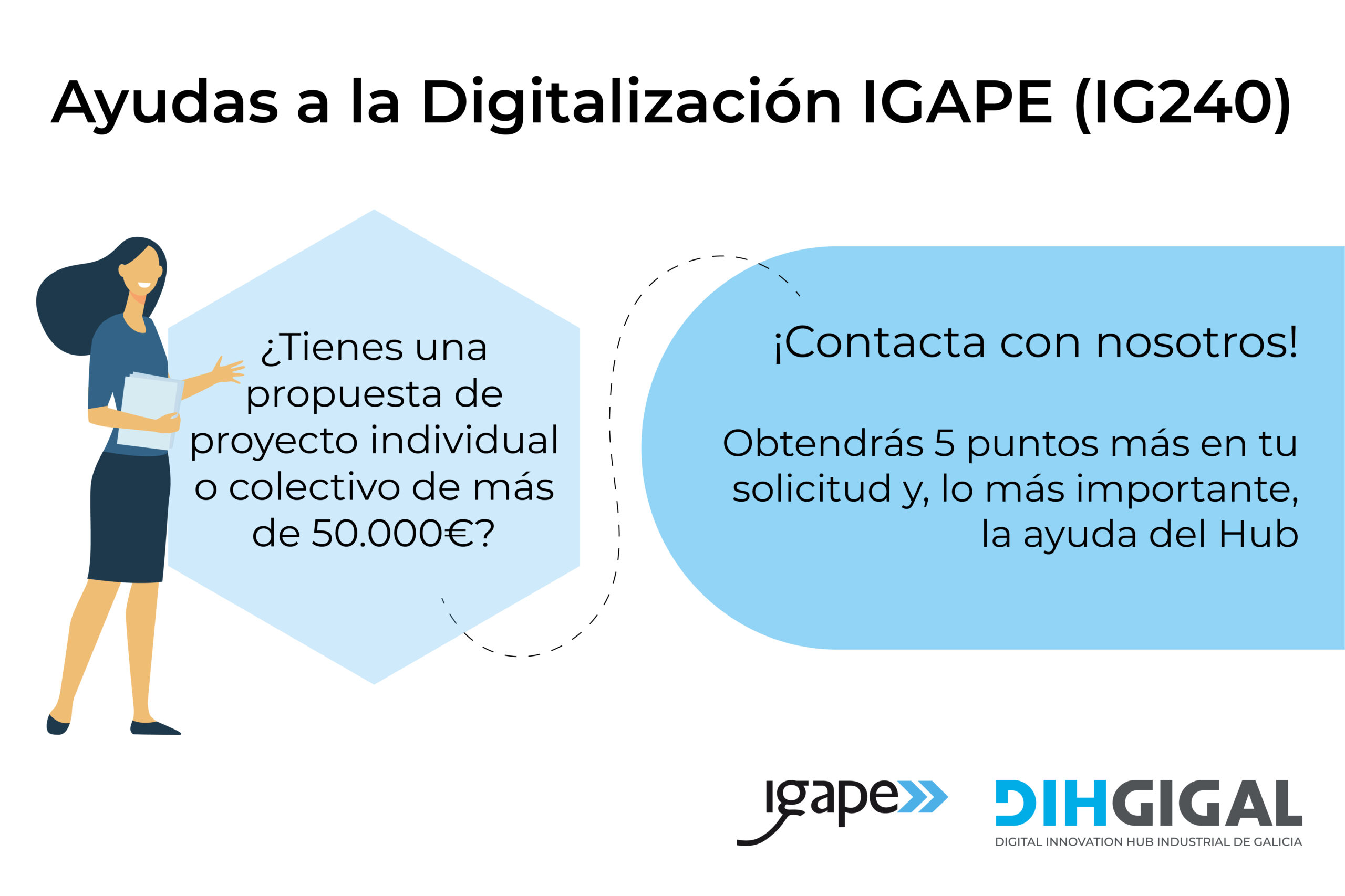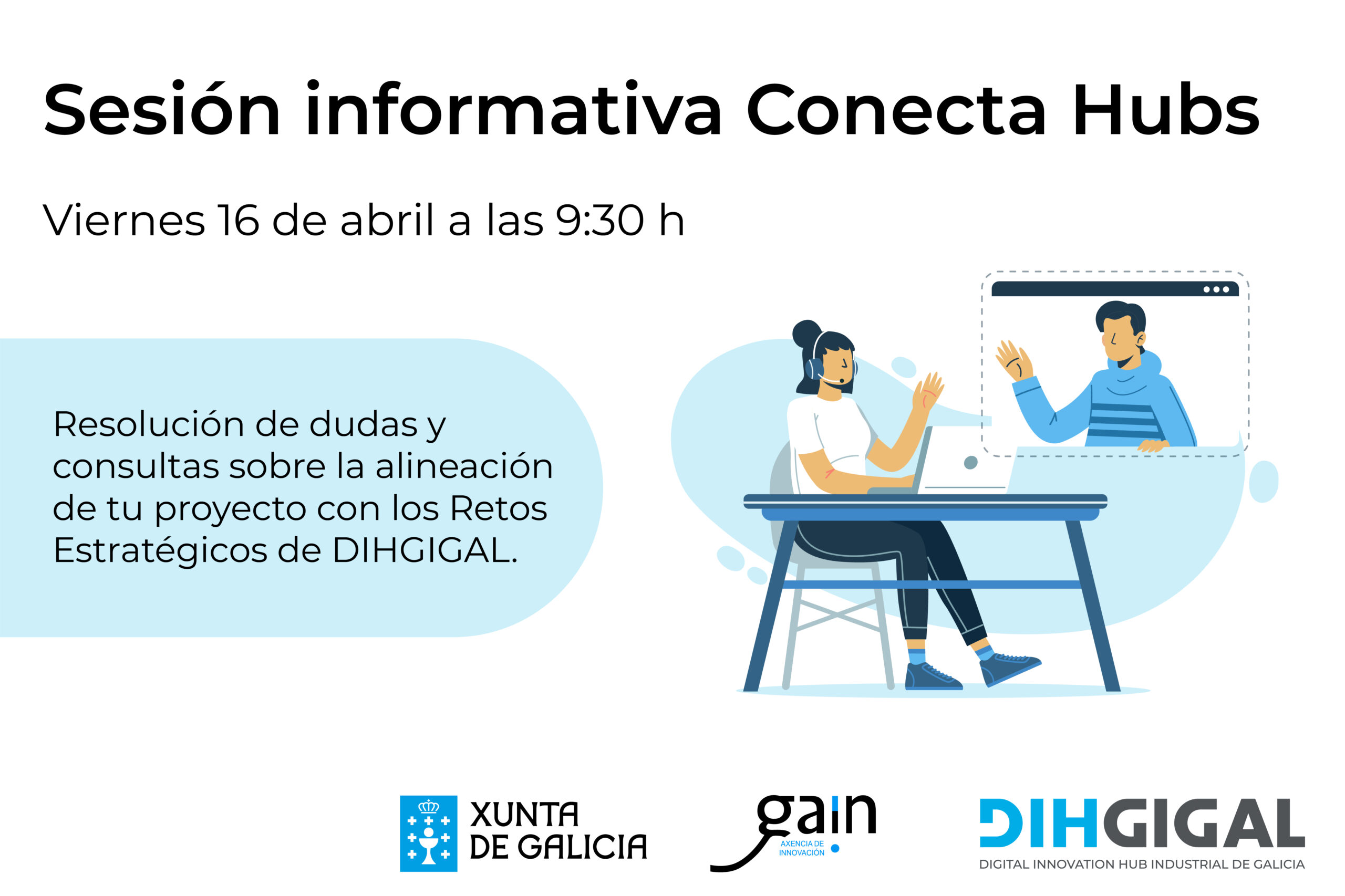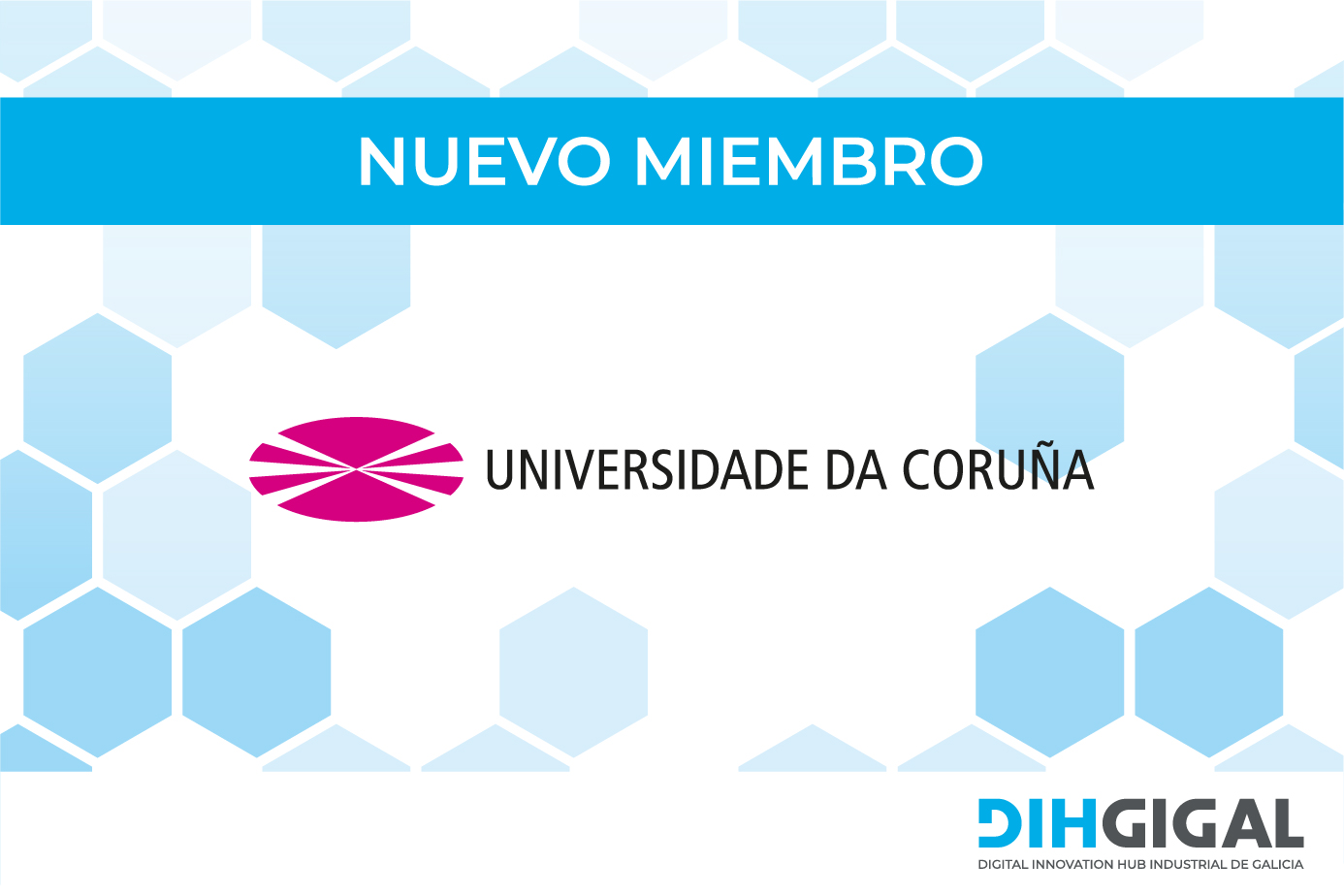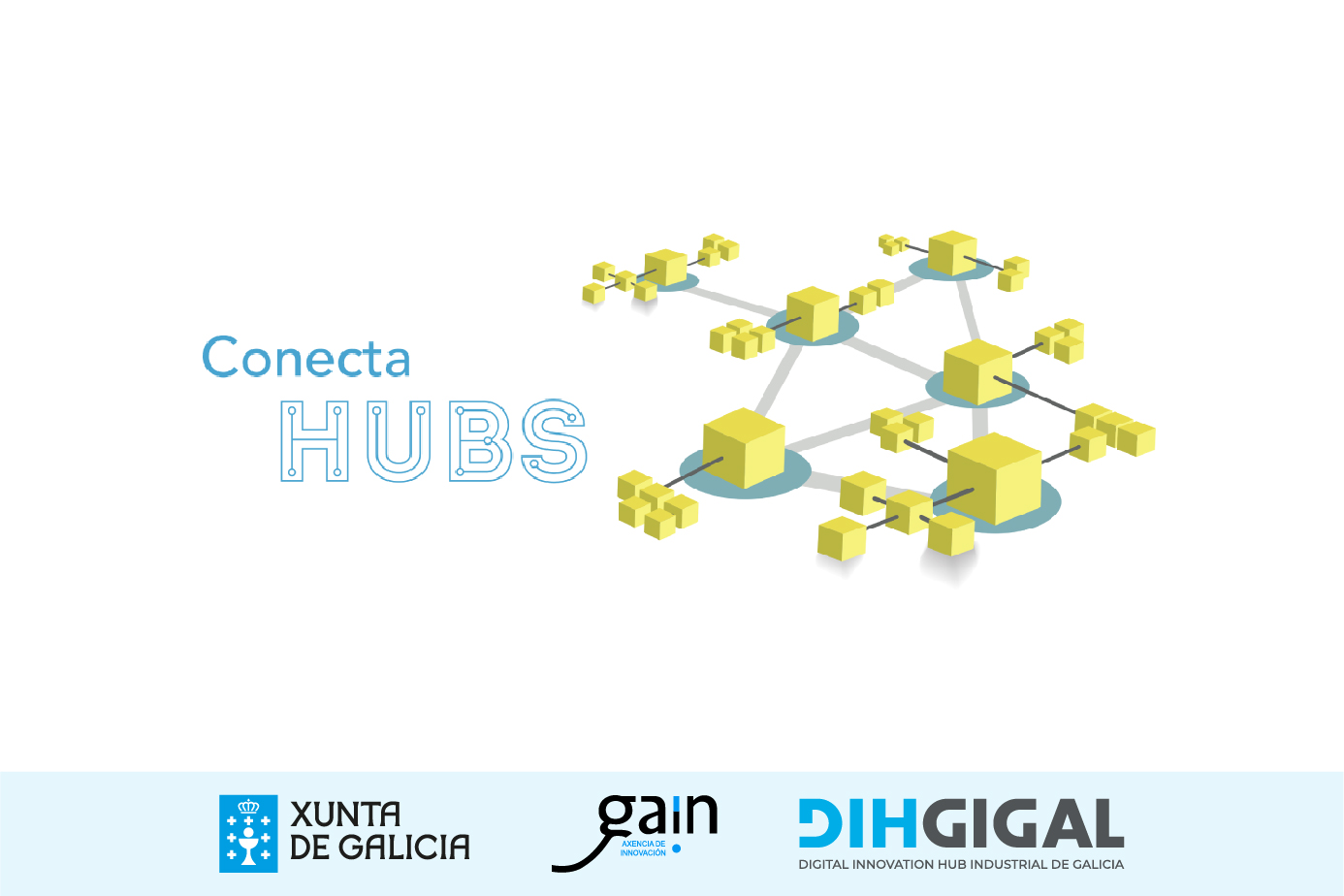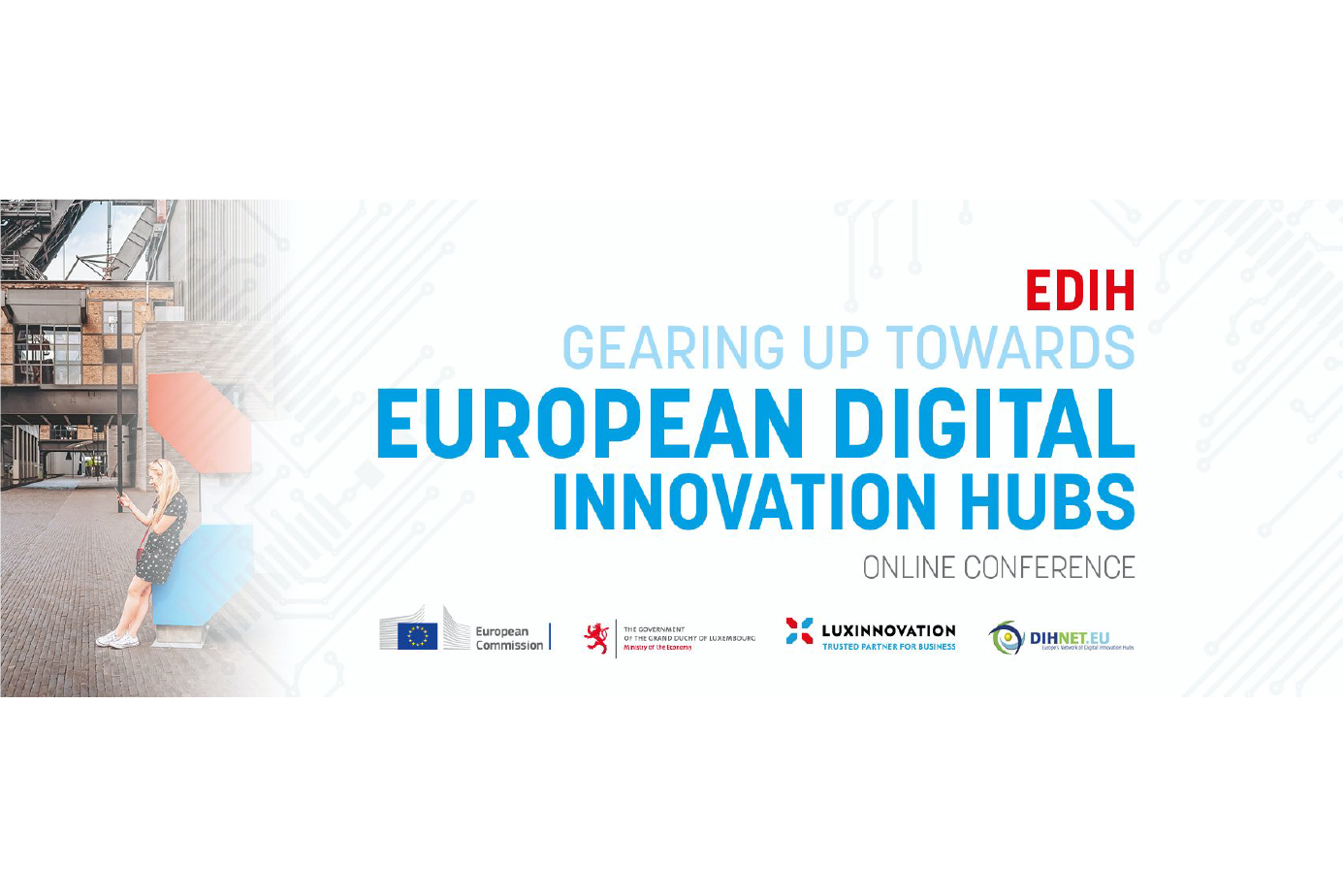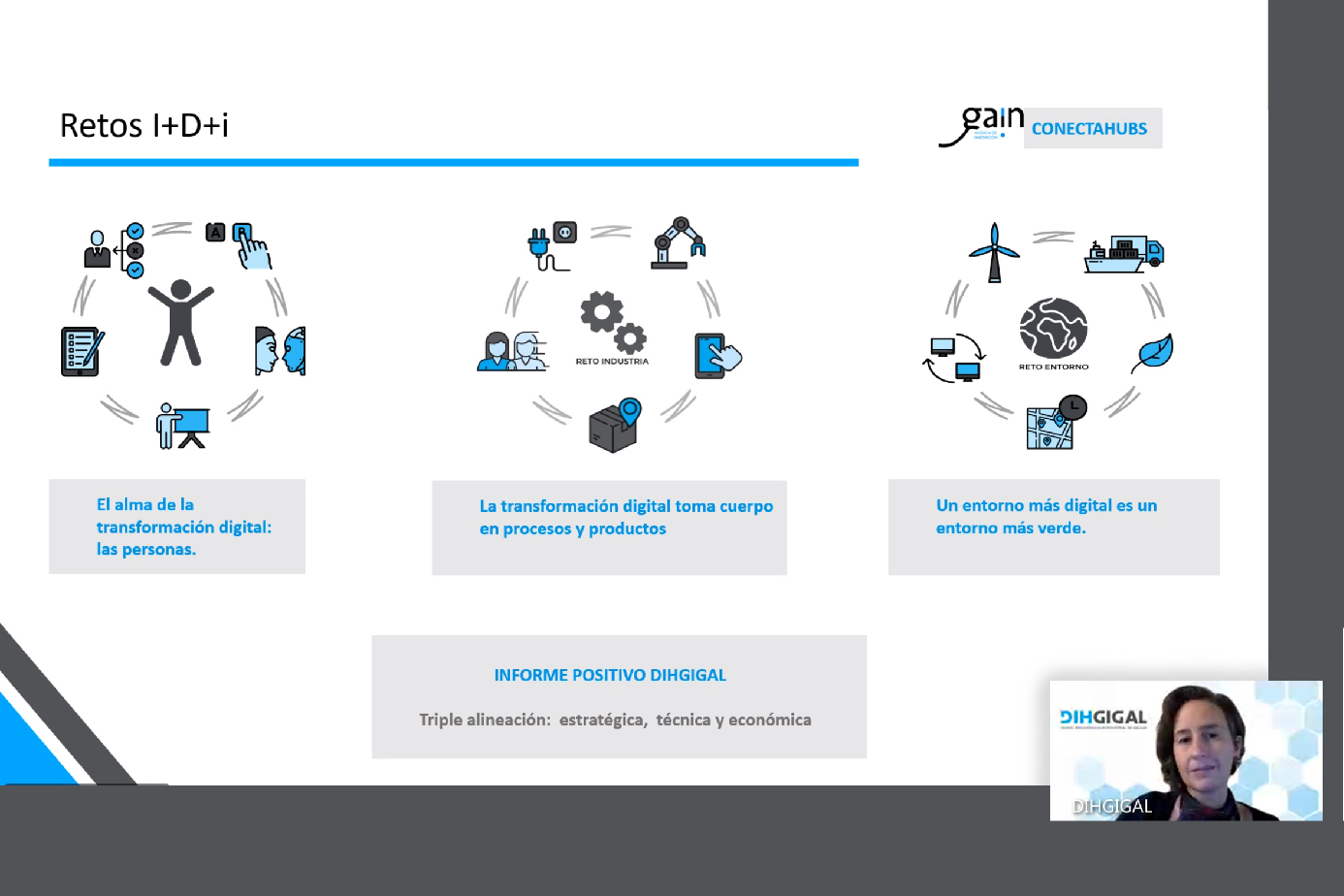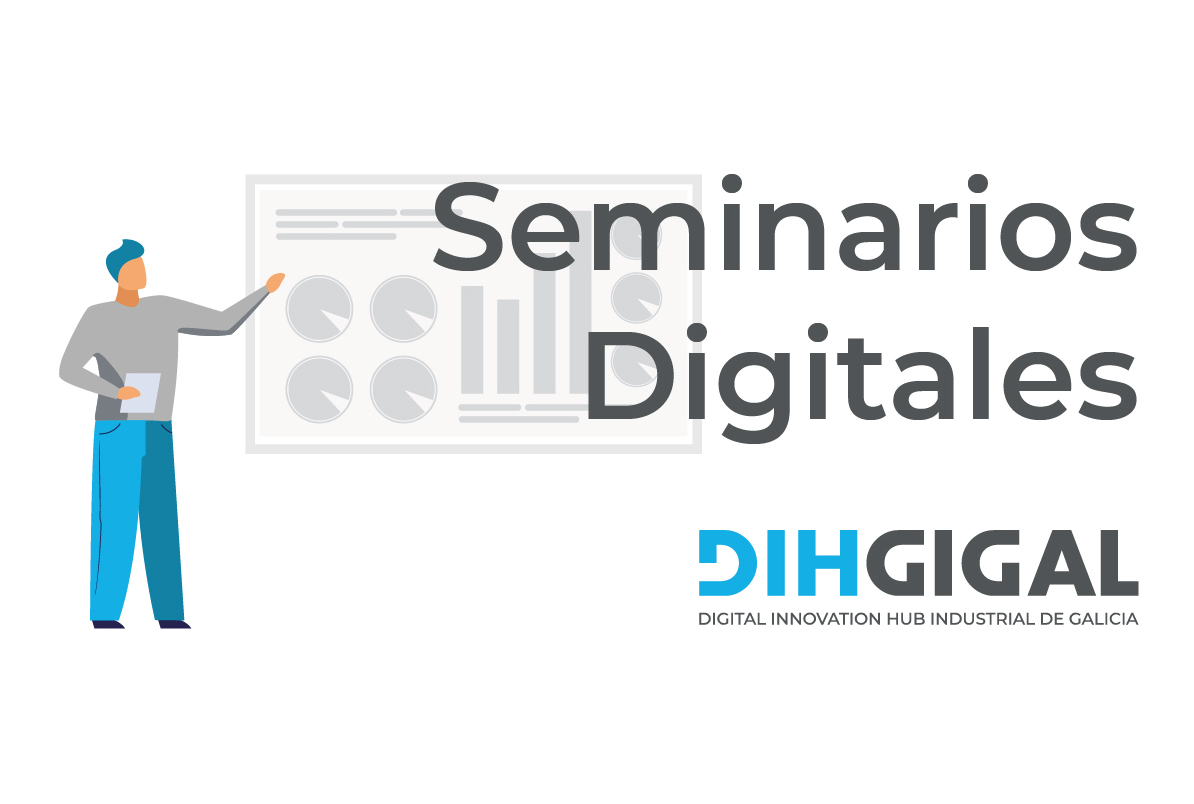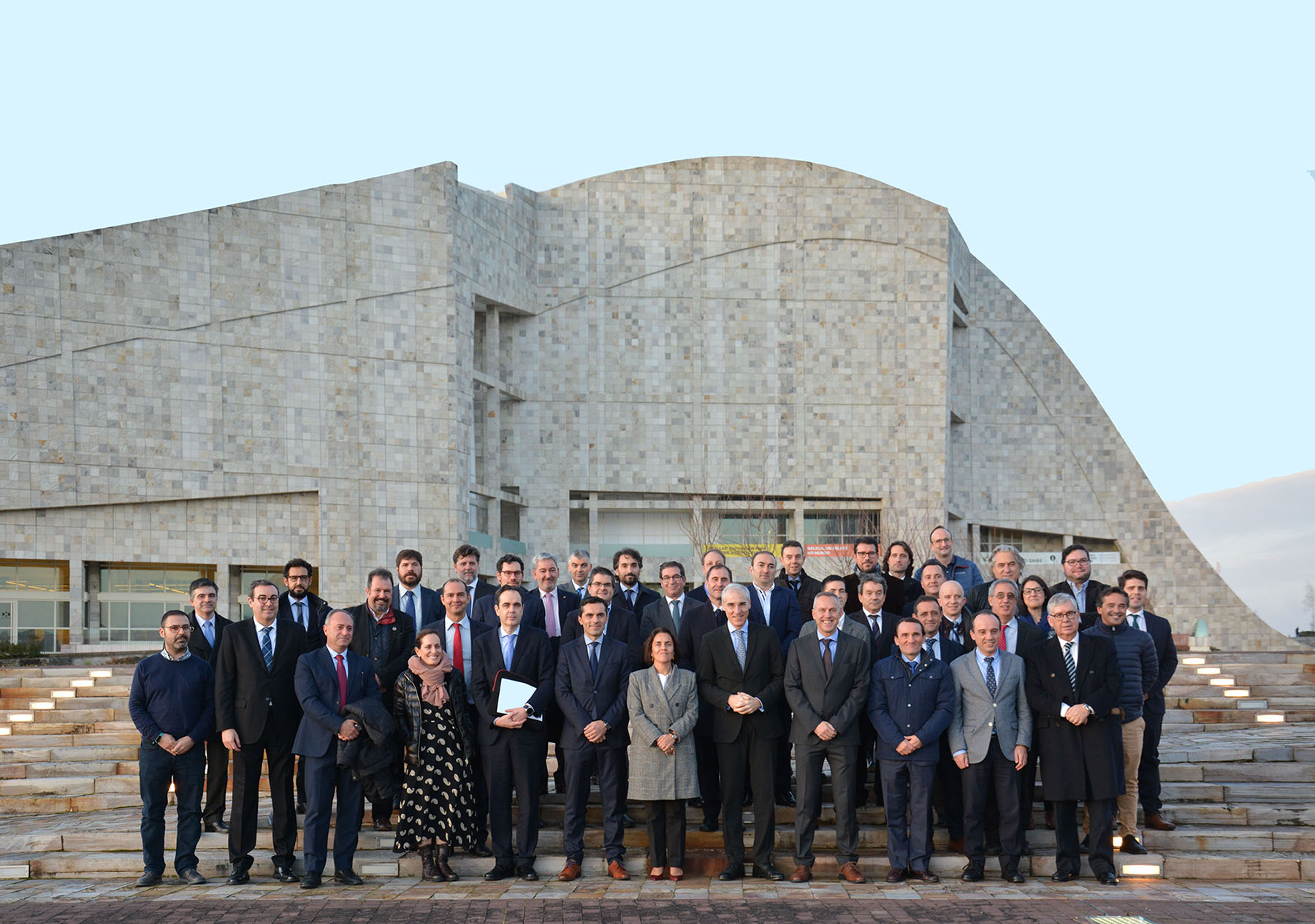Web application for performance analysis and noise reduction in naval propellers Vicus DT, S.L.
Scroll down
Industry 4.0 Digitalisation Projects – IG240
🚢💡Discover the tool developed by VICUS DT to optimise the design of naval propellers and improve ship efficiency! 🌊⚙️
At the Best Practices Project Presentation Day, we had the privilege of learning the details of this project from Blanca Acebes, representative of VICUS DT. This Galician company, specialised in ship design and naval propulsion using computational fluid simulation (CFD) methods, has stood out for its commitment to excellence and innovation in the design and analysis of underwater structures👏.
VICUS DT, with its 15 years of experience, has established itself as a benchmark in the field of naval propulsion engineering. Its approach covers four fundamental areas: electrodynamics, propulsion, aerodynamics and structural analysis. Its team of 15 experts works to develop more reliable and accurate designs that meet the demands of today’s naval world.
The problem addressed in this project lies in the complexity of the calculations and the lack of accessible tools for shipowners, technical offices and propeller designers. In particular, it seeks to solve the challenge of the noise radiated by the propellers when working under the wake of the ship. Naval calculation and propeller design involve highly complex equations and processes, which require advanced computational capabilities. This makes access to such tools difficult for the users who really need them, such as shipowners and shipyards🚢.
It is in this context that VICUS DT has taken up the challenge🚀of making these surveys more accessible and understandable to users by developing a web application. This tool allows shipowners to enter basic parameters of their vessels, providing a preliminary solution and bringing users closer to experts who can provide personalised advice. With an initial focus on the analysis of propeller radiated noise, this application is especially useful for shipowners facing difficulties on 10-15 year old vessels, where it is difficult to foresee and solve this problem.
In terms of the technologies used, VICUS DT has employed advanced computational capabilities and specialised software licences for each area of study. They have carried out the automation of complex calculations through Python programming, as well as the use of tools such as Rhino, StarCCM+ and SimCenter. These technologies have allowed VICUS DT to create the necessary basis to develop this web application and provide accurate and fast results📊.
The project has reached several significant milestones. It started with internal automation tests to evaluate the performance and effectiveness of the tool. Then, beta testing was conducted with nearby customers to refine and improve the application. Finally, all tools and functionalities were integrated into the web application, using high-throughput numerical testing. The joint work of VICUS DT’s naval engineers and expert programmers has been instrumental in achieving these results, backed by the specialised software licences they hold.
📈 The developed application has become a user-friendly, functional and quick-response tool. Users only need to fill in the requested data, and the application automatically provides a preliminary response. This data is stored to allow for a more complete and personalised response from the VICUS DT team. In addition to its practical functionality, the web application also serves as an effective way to show customers the capabilities and added value that VICUS DT can offer.
🙌💼 It is important to highlight that this project has been possible thanks to the co-financing of several entities, the Galician Institute for Economic Promotion (IGAPE), the Xunta de Galicia and the European Regional Development Fund, in the framework of the Operational Programme 2014-2020.
#VICUSDT #ingenieríanaval #eficiencia #innovación #diseñonaval #hélicesnavales #simulacióncomputacional #CFD #tecnología #aplicaciónweb #eficienciamarítima #cofinanciación #desarrollosostenible

CURRENT NEWS
Related news
